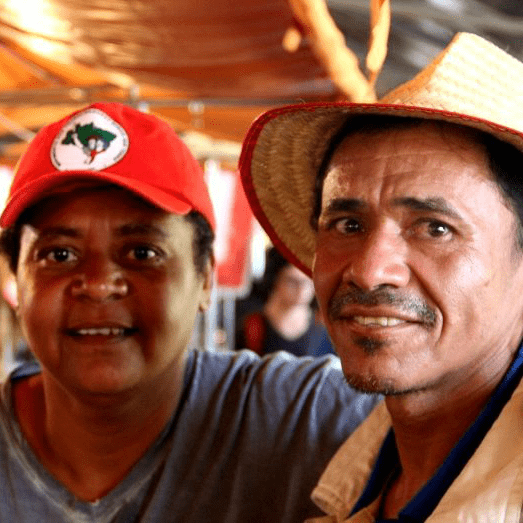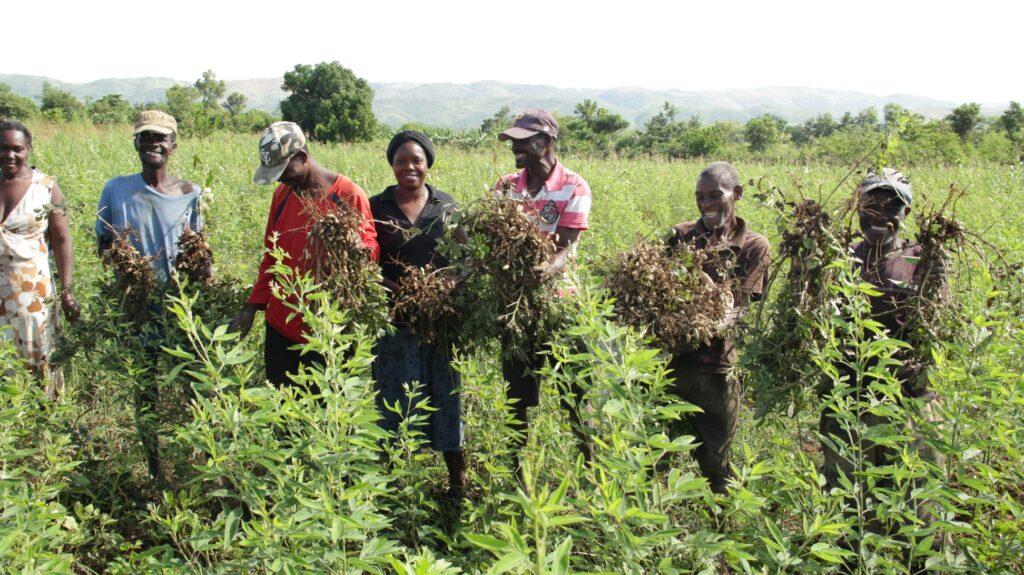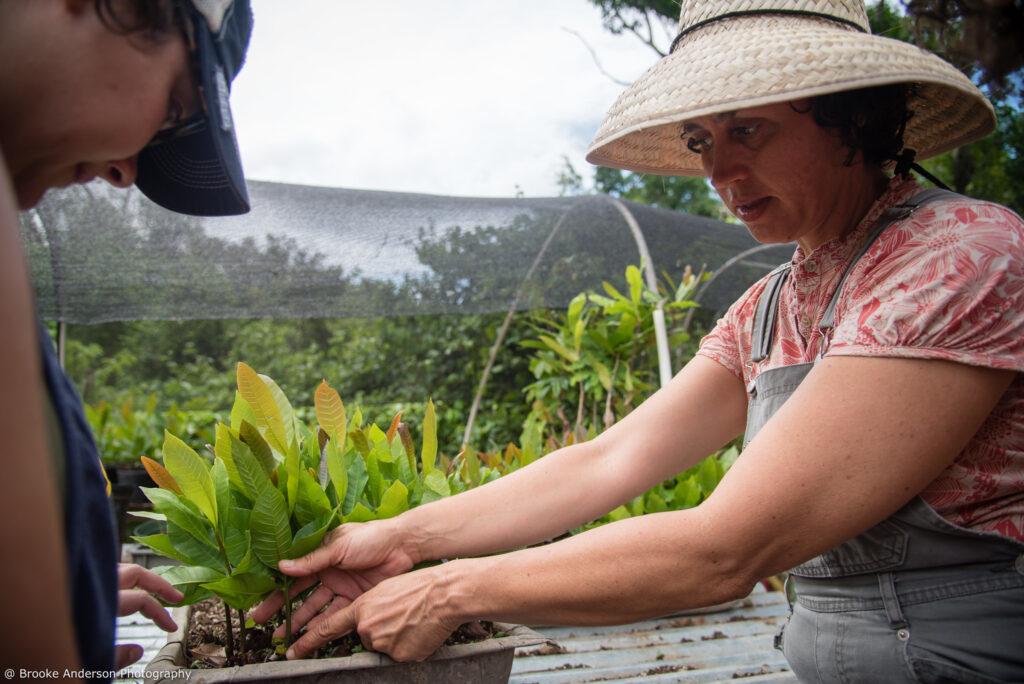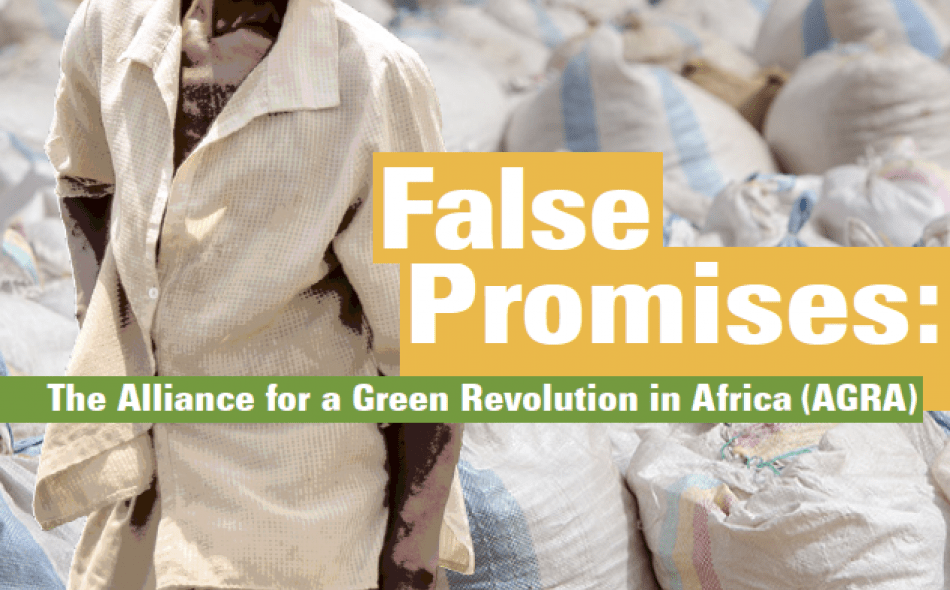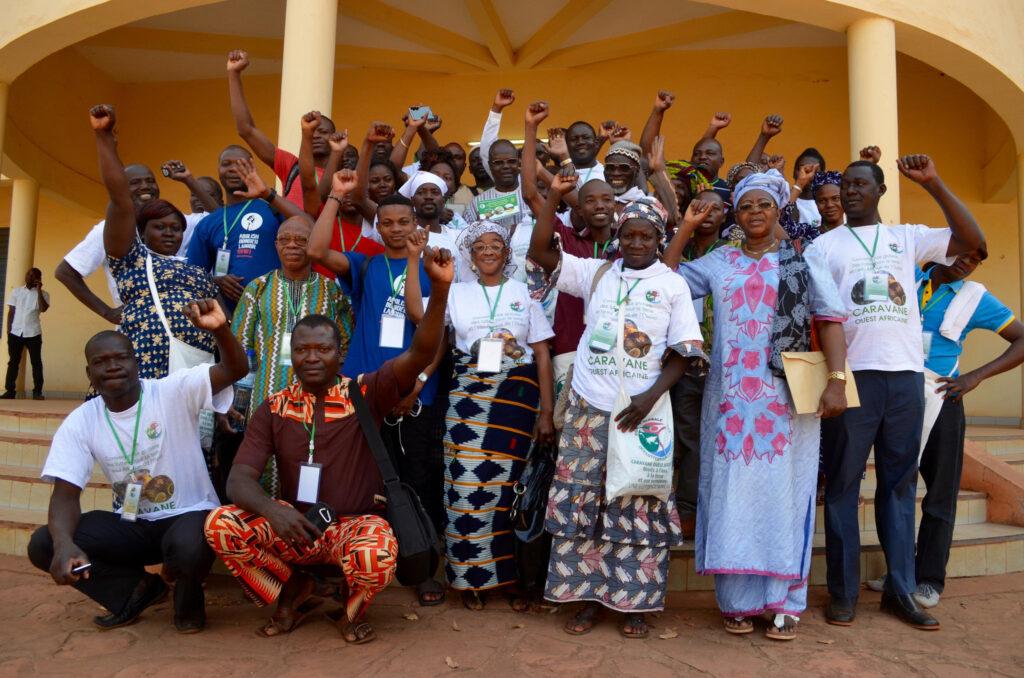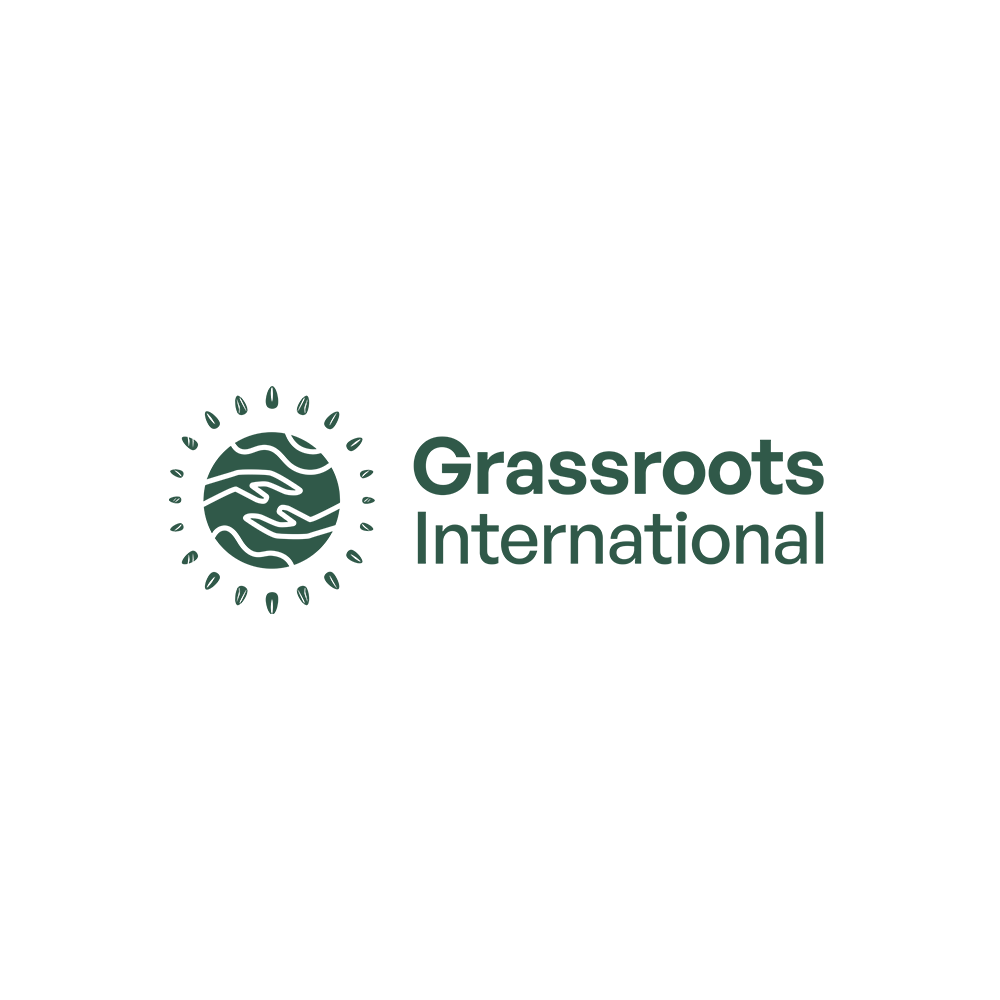
Accompanying food sovereignty efforts in the Middle East
This process of dispossession is ongoing, with illegal Israeli settlements controlling about two thirds of Area C, the part of the occupied West Bank that contains the majority of Palestinian agricultural land. Meanwhile, 35% of Gaza’s agricultural land and most of its territorial waters are within closed military zones. A wide range of Israeli policies and practices prevent Palestinians from shaping their own food systems, while subsidizing settlement agriculture.
A third of Palestinians living under Israeli military occupation are food insecure, rising to 63% in Gaza. Many Palestinian families who rely on emergency food assistance are the descendents of peasant communities that farmed, herded, foraged, and fished in the Fertile Crescent for generations prior to becoming refugees in 1948. After 1948, their land and water sources were systematically appropriated as “state land” under the exclusive control of the Israeli government.
Amidst profound disruption, Palestinian herders, fishers, and farmers resist injustice simply by maintaining their livelihoods. Their struggle to protect land, water, territory, seeds, and food sovereignty in Palestine is essential to structural social change.
Grassroots International funds and accompanies:
- A Palestinian-run agroecology school, building skills, practical tools, and contextualized knowledge
- Campaigns and organizing among Palestinian farming and herding communities at imminent risk of forced displacement and land confiscation in the occupied West Bank
- Food access initiatives implemented in refugee camps by Palestinian refugees
- Support for fisherfolk to access and maintain their livelihoods in Gaza
- Projects advancing sustainable livelihoods and food sovereignty over the long term, including agricultural cooperatives for Palestinian women and youth
Explore our relevant resources
Learning from Brazil’s Social Movements
- Grassroots International
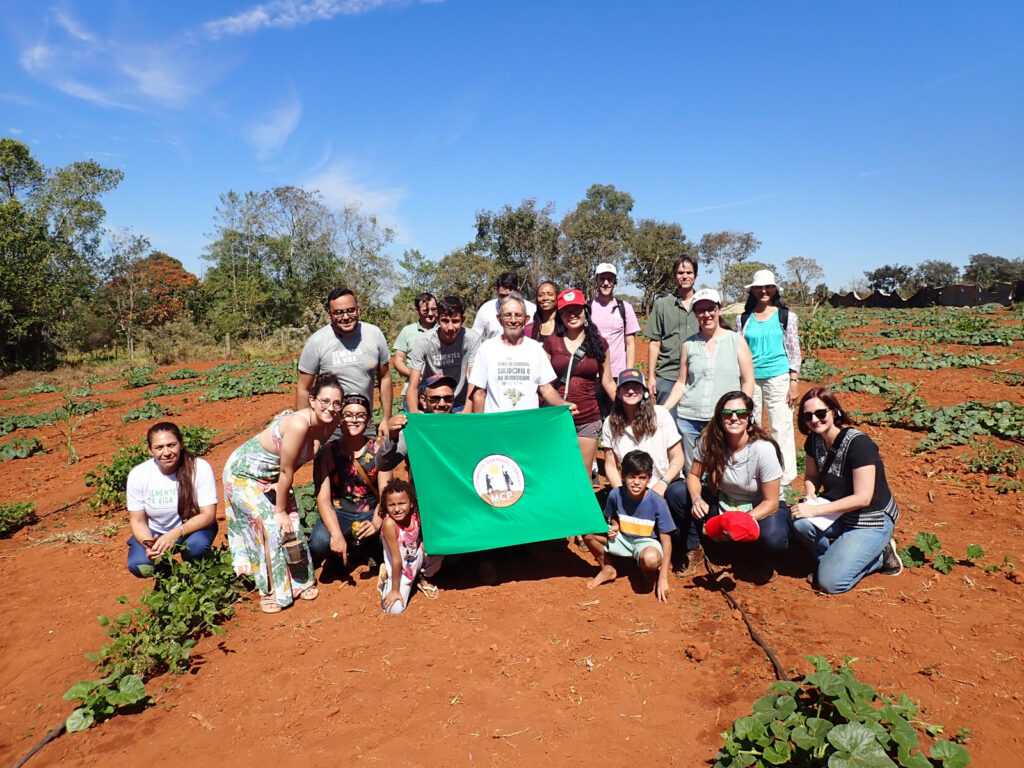
A New Framework for Trade Based on Food Sovereignty — Nyéléni Newletter no. 57
- Nyéléni

Resistance From Within the Belly of the Agro-Industrial Beast
- Christina Schiavoni
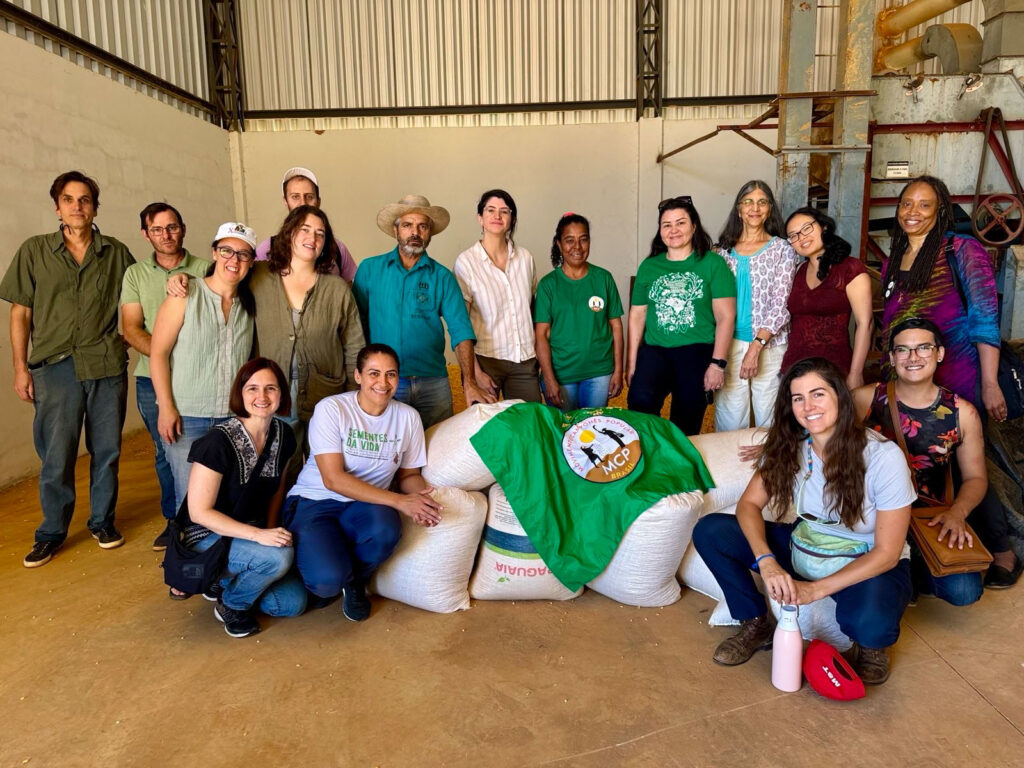
New Children’s Book on the MST by Former Grassroots Intern
- Christina Schiavoni
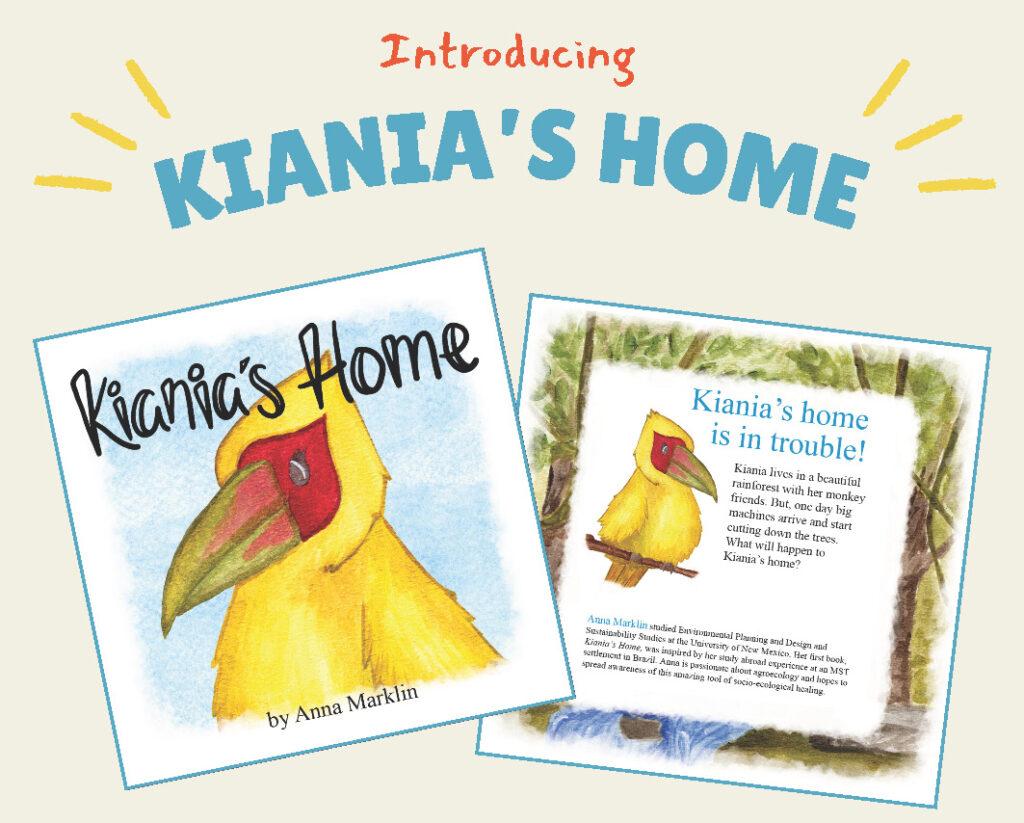
Haiti: Our Country Needs a Solution Coming from Its People
- Doudou Pierre Festile and Micherline Islanda Aduel
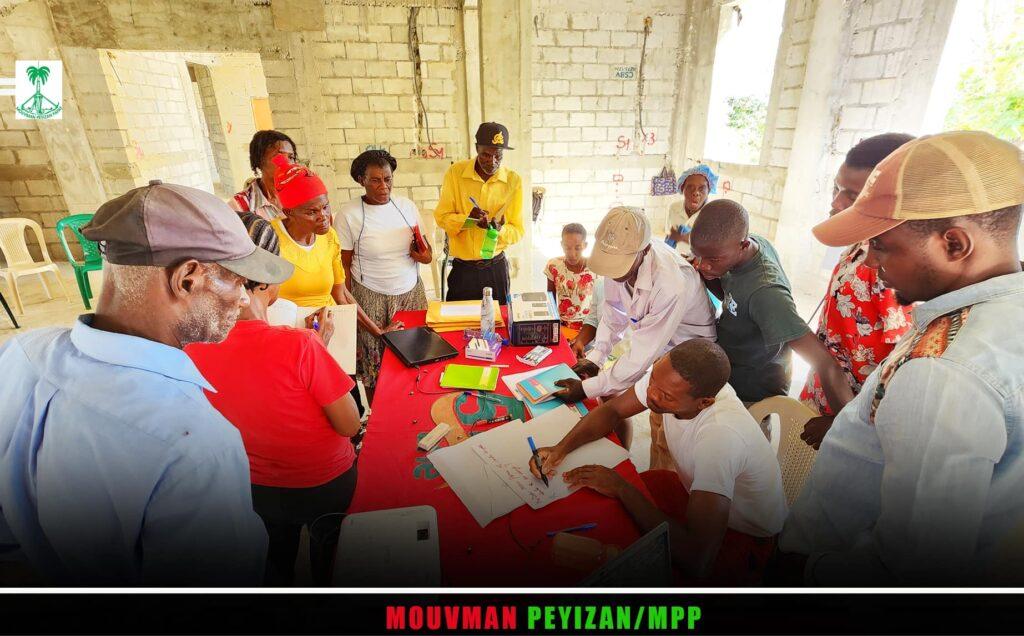
Funding in Haiti and Palestine Amid Devastating Conditions
- Michael Kavate, Inside Philanthropy
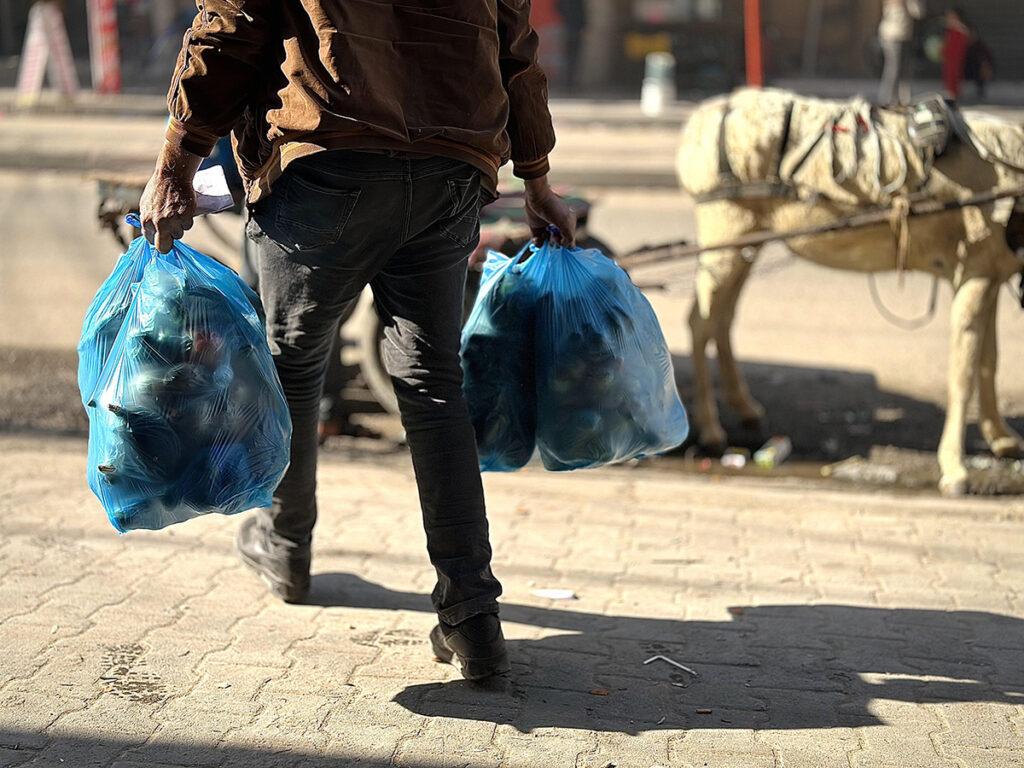
Scaffolding for a Liberated Future: Our New Movement Infrastructure Fund
- Grassroots International
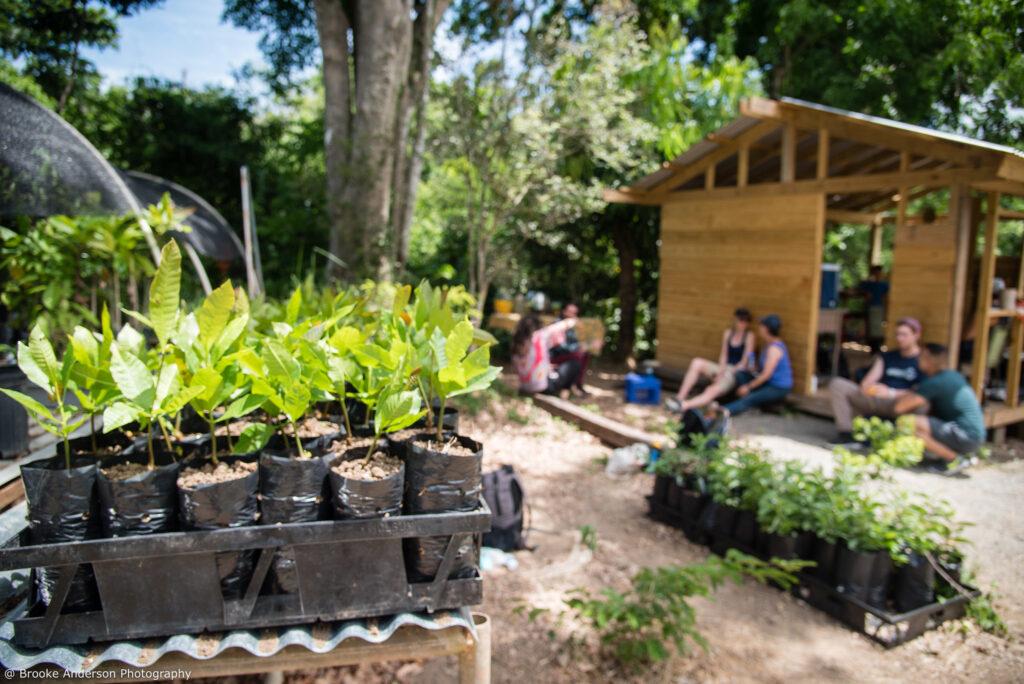
Join Our Delegation to Brazil This July
- Grassroots International
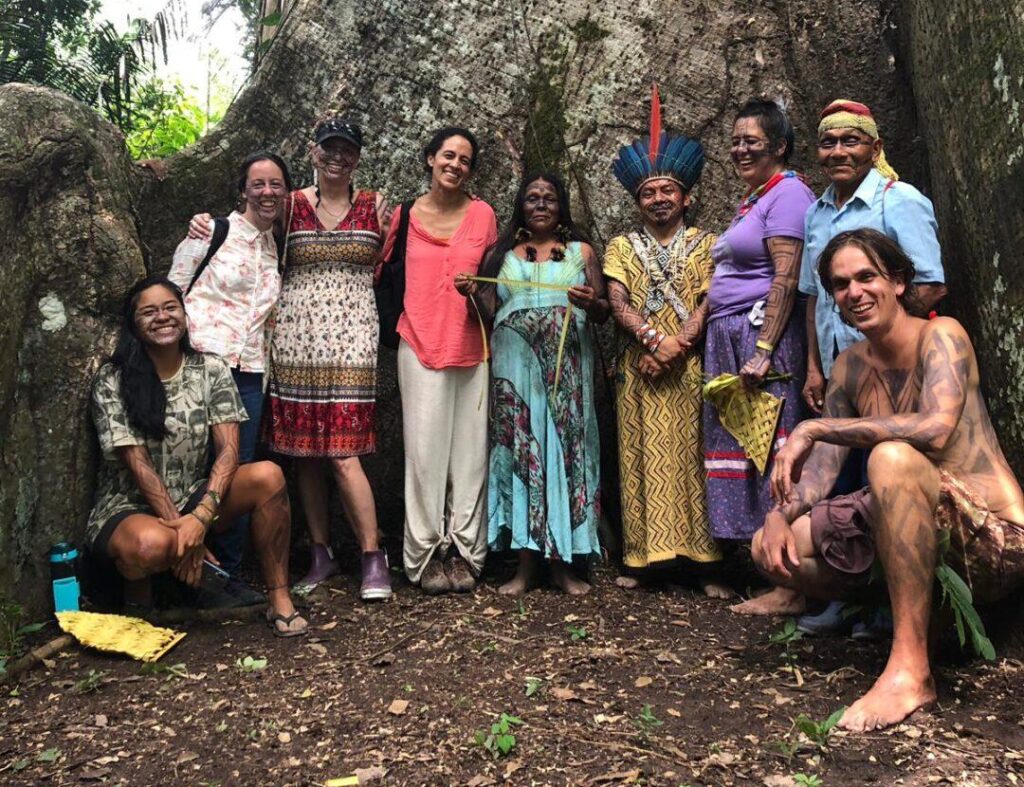
Long-Term Partnership Toward Food Sovereignty
- Grassroots International
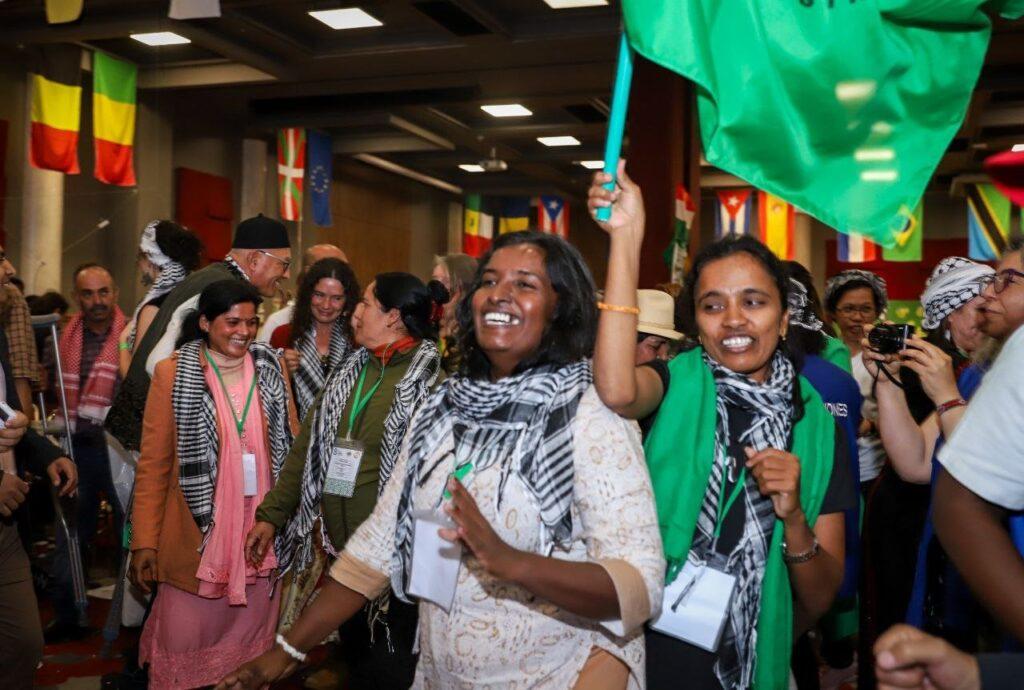
Celebrating Food Sovereignty with MPP and Black Dirt Farm Collective
- US Food Sovereignty Alliance
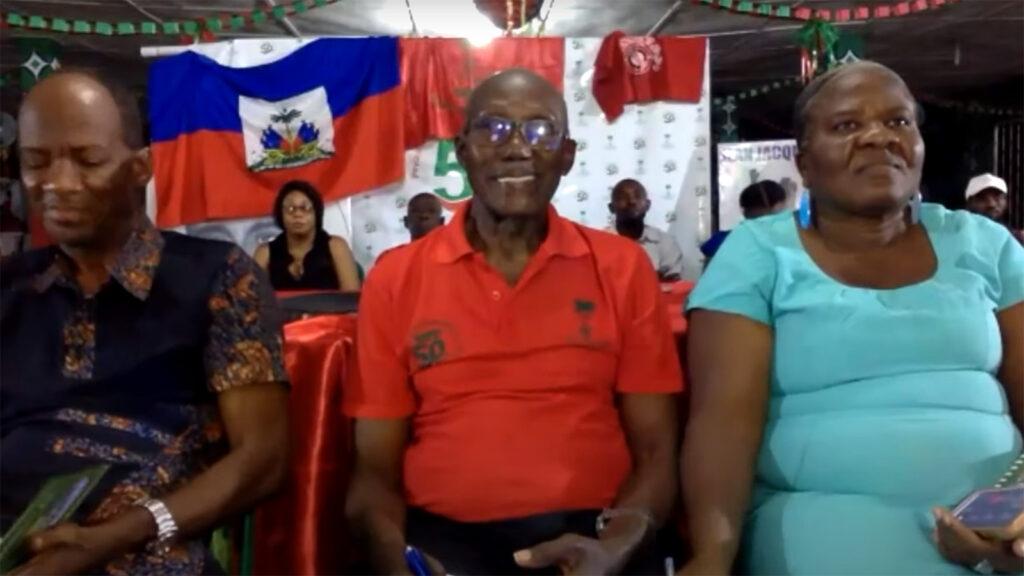
15th Annual Food Sovereignty Prize Honors the Black Dirt Farm Collective and Haiti’s Mouvman Peyizan Papay (MPP)
- US Food Sovereignty Alliance
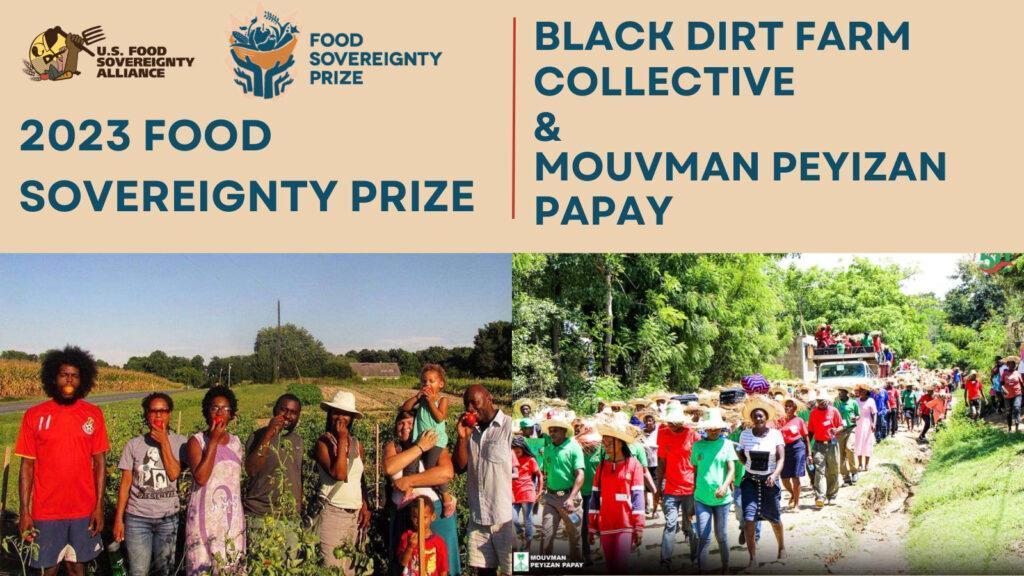
Grassroots Through the Years: Food Sovereignty
- Grassroots International
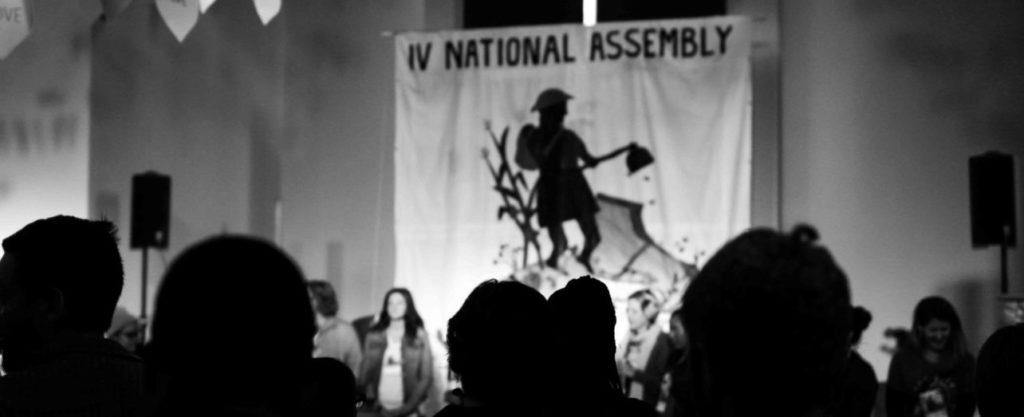
The Movement for Community-Led Agroecology
- Grassroots International
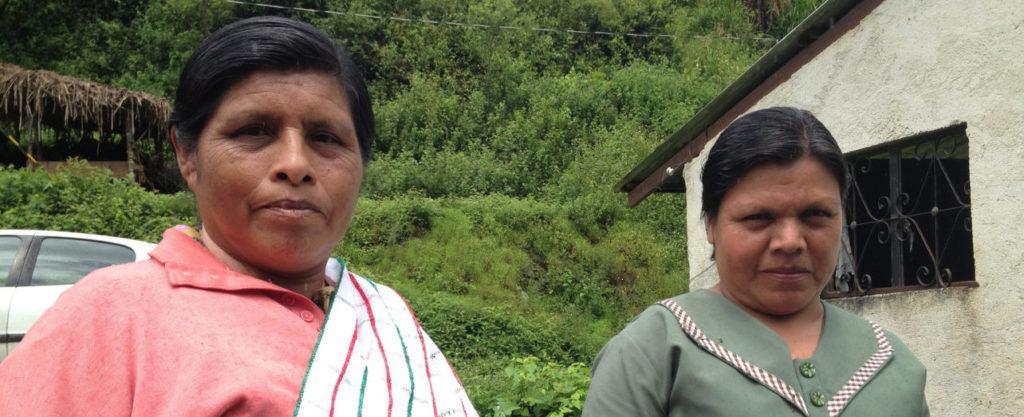
10 Things You Should Know About Brazil’s MST
- Grassroots International
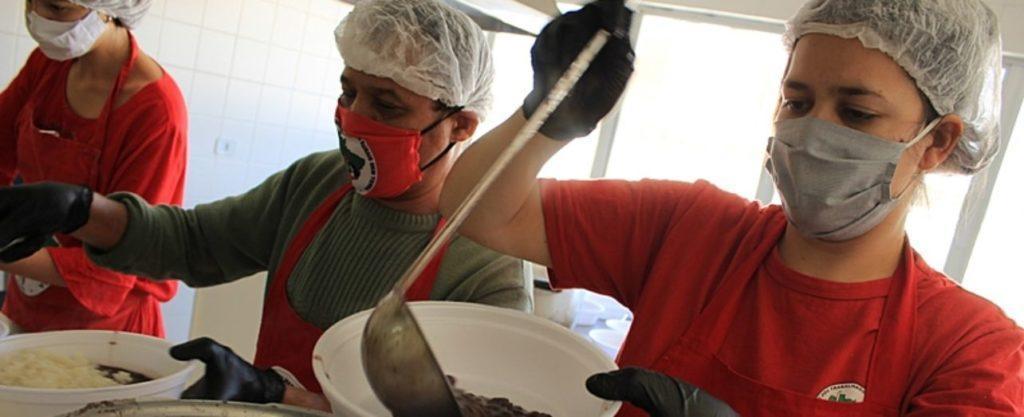
Advancing Just Transformation in Puerto Rico: Strategies from the Frontlines after Fiona
- Grassroots International
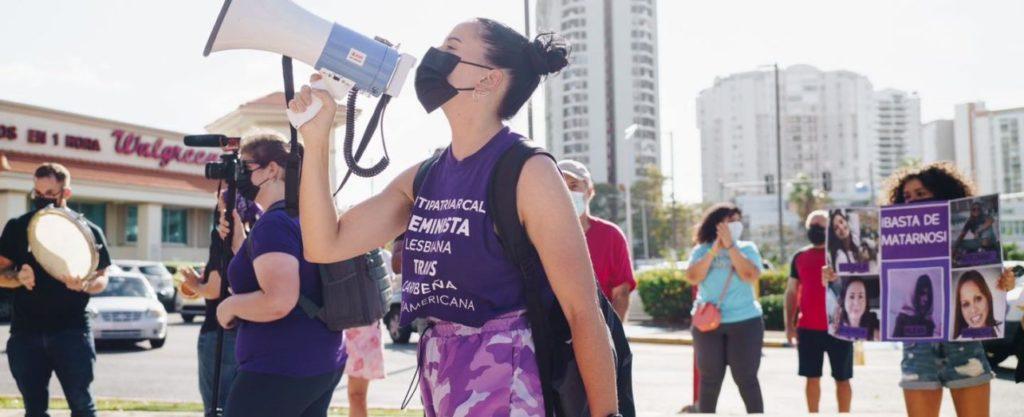
Federation Celebrated for Black Resistance in Fields and Food
- Federation Of Southern Cooperatives
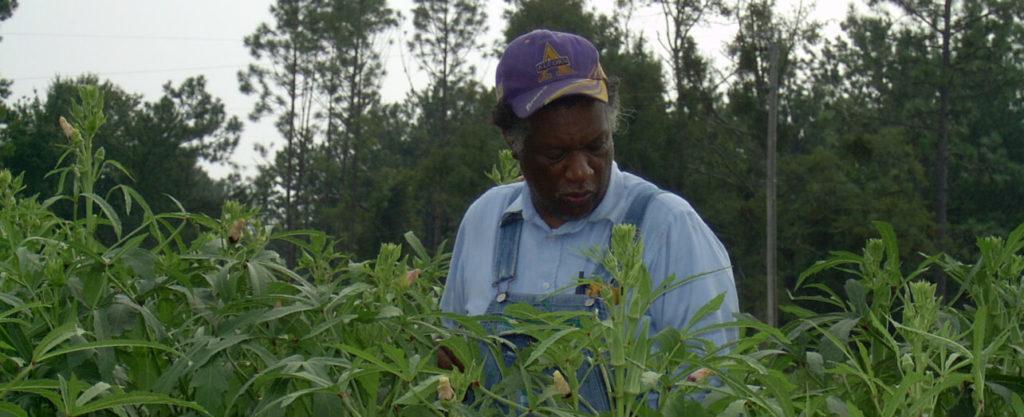
VIDEO: Organización Boricuá Explains Agroecology
- Jesús Vázquez Negrón
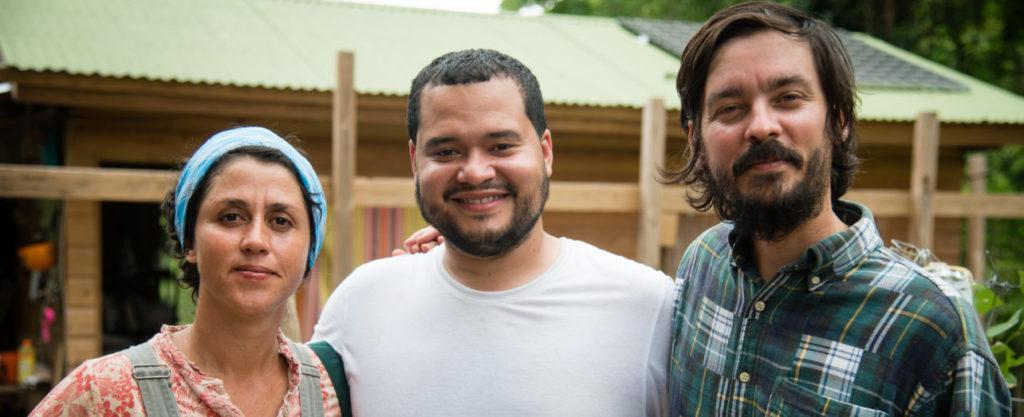
Soil to Sky: Climate Solutions That Transform
- CLIMA FUND
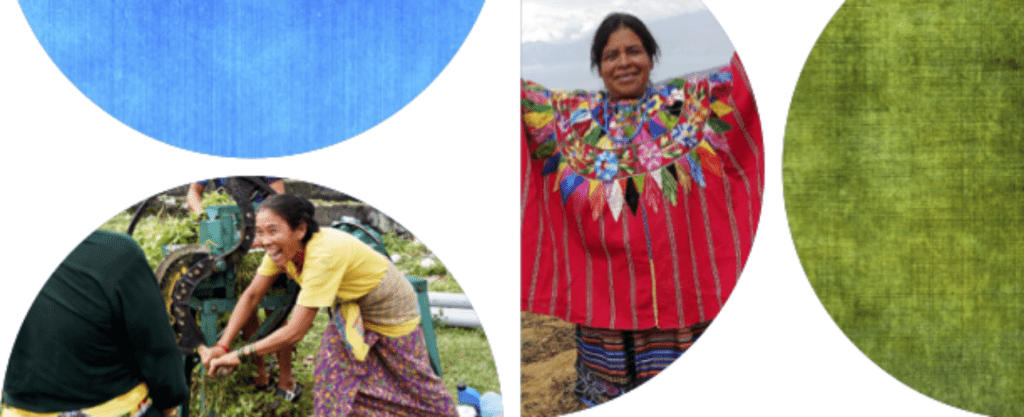
2022 in Review: Building, Deepening, and Growth
- Grassroots International
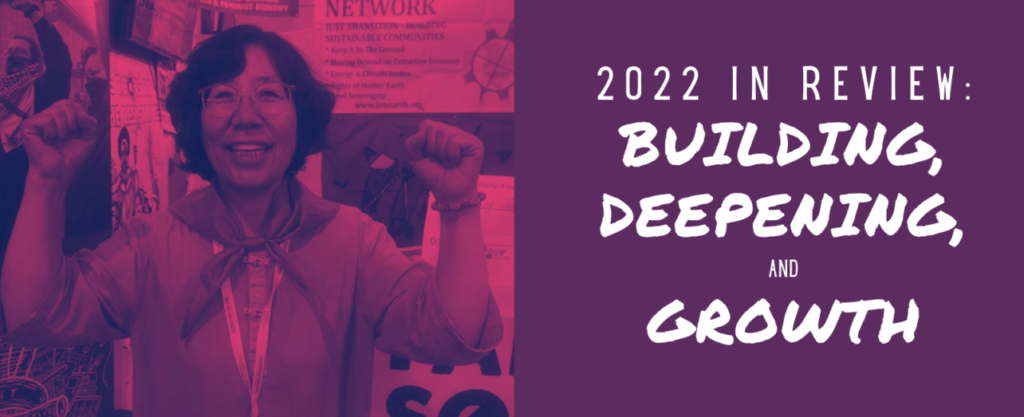
Relief, Recovery or Change?
- Giovanni Roberto
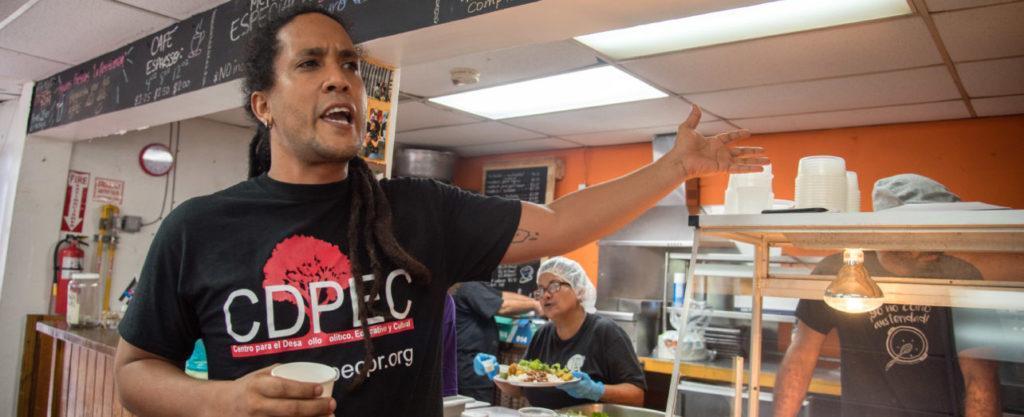
Prize Highlights Solutions to Worsening Hunger Crisis
- The U.S. Food Sovereignty Alliance
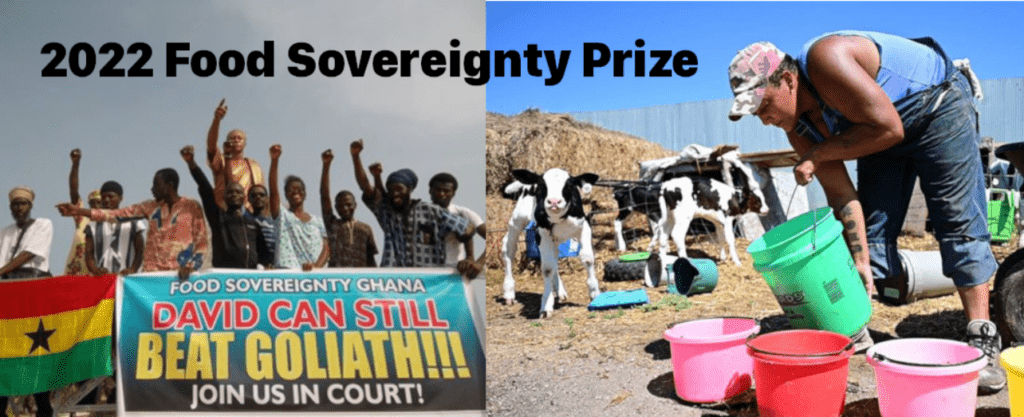
Grassroots International Formalizes West Africa Program
- Grassroots International
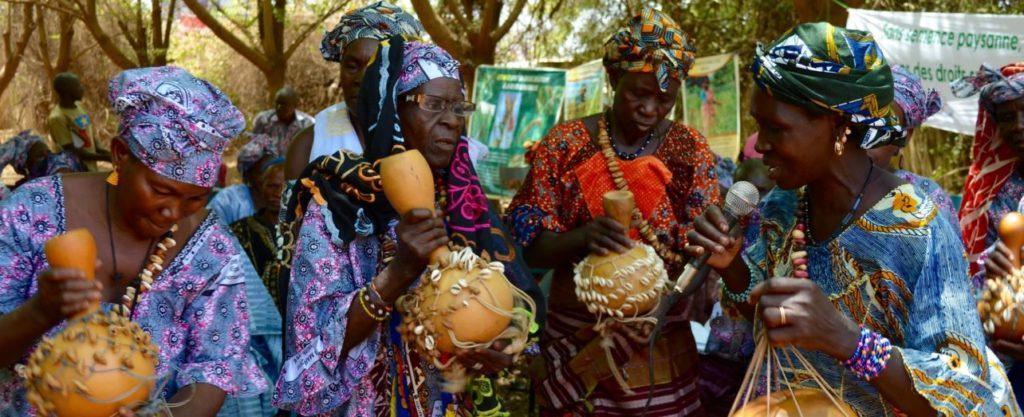
The Frontlines Are at the Grassroots
- JHENNY SAINT-SURIN AND SALENA TRAMEL
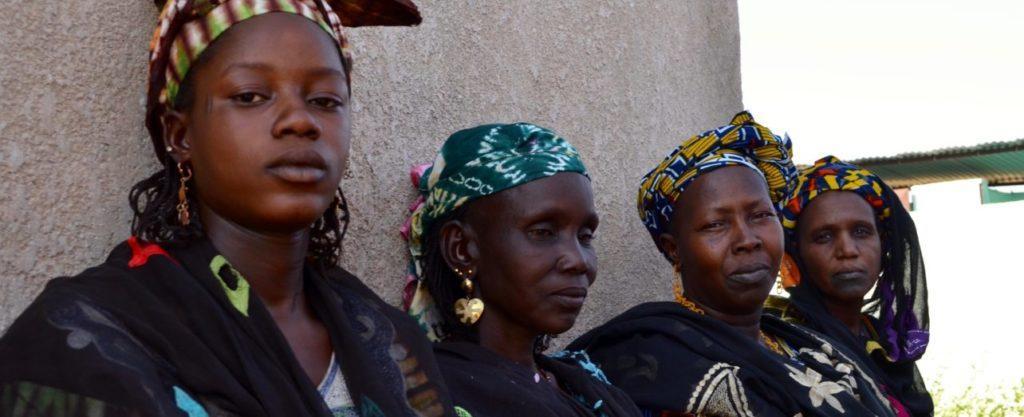
Mexico’s New Movement Institute for Indigenous and Peasant Youth
- Christina Schiavoni
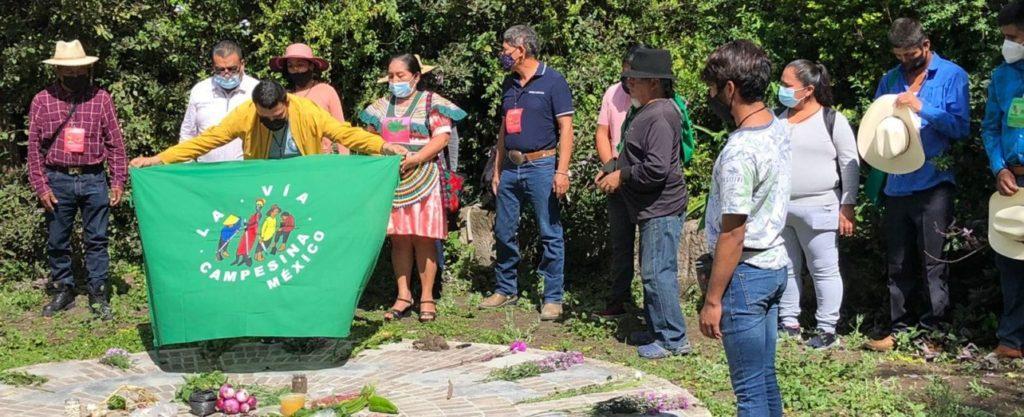
LGBTQIA+ Peasants in Struggle: Free Our Land, Free Our Bodies
- Capire
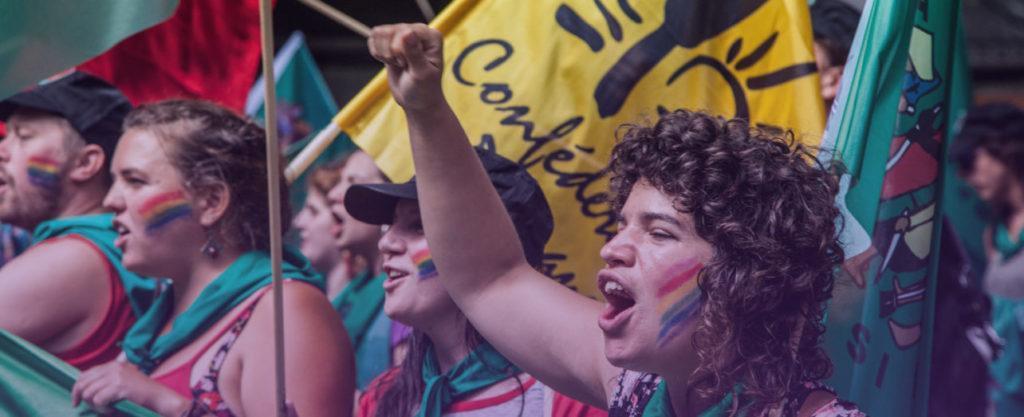
GRAPHIC: Restrictions on Palestinian Food Sovereignty
- Visualizing Palestine
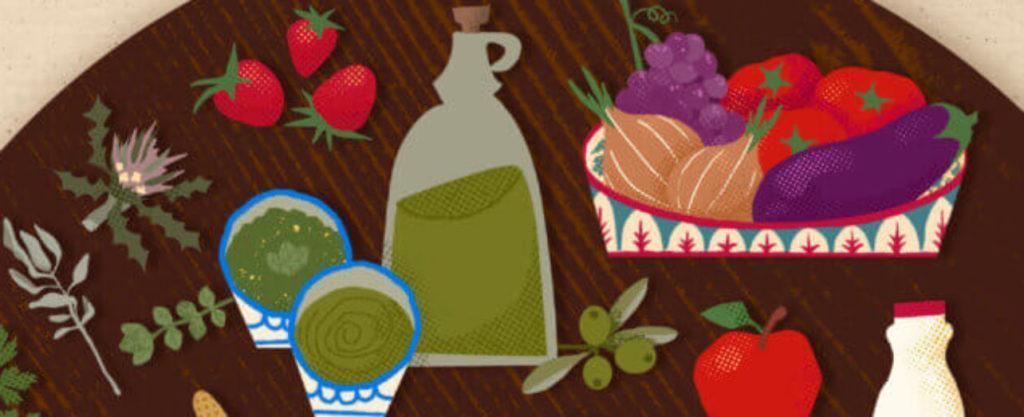
Via Campesina Releases Booklet on Economic Justice
- La Via Campesina
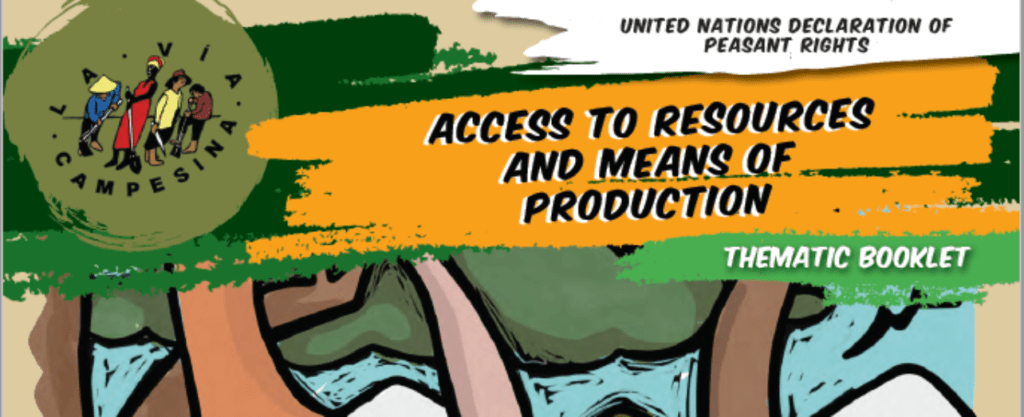
Feeding the World, Cooling the Planet
- Chris Morrill
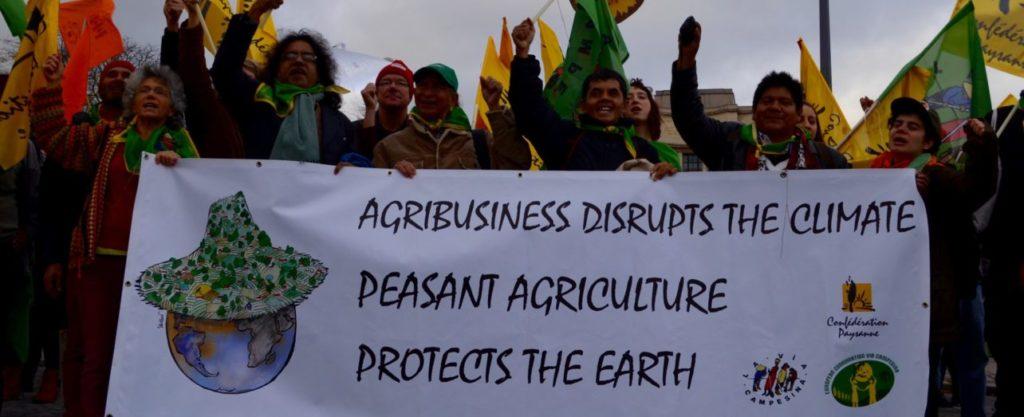
Raising a United Voice for Indigenous Lives and Mother Earth
- Chris Morrill and Rebecca Gonser
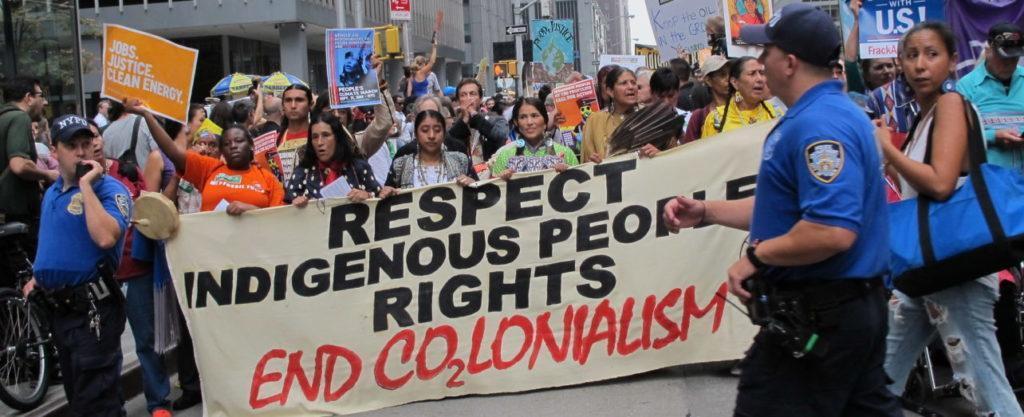
Rob Wallace: Agroecology is Key for Stopping the Next COVID
- Rob Wallace
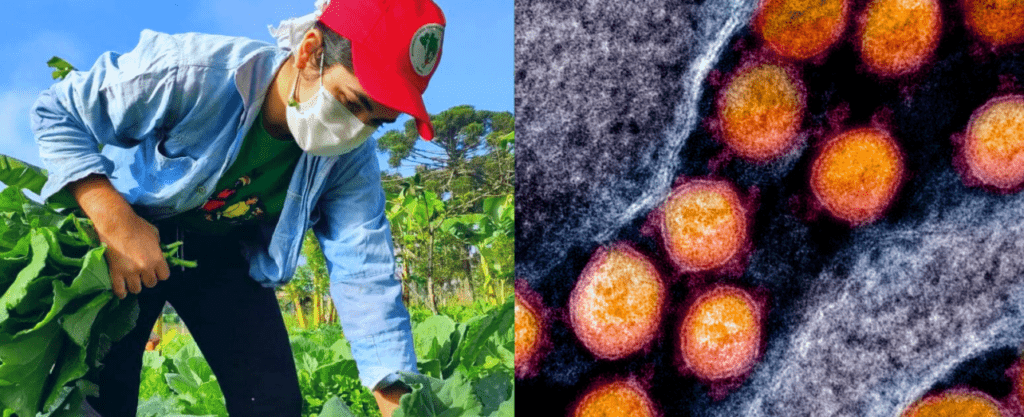
Advancing Together Toward Food Sovereignty in 2022
- Christina Schiavoni
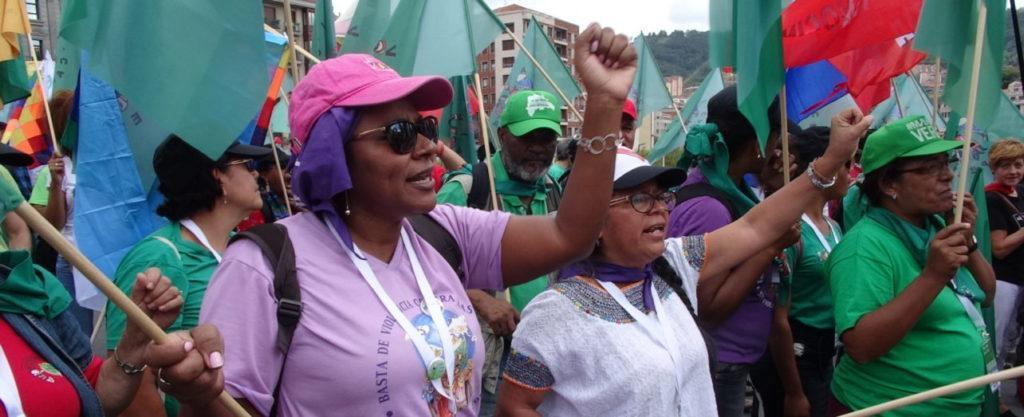
Land, Resistance, and Liberation: Agricultural Cooperatives as a Vital Piece of Black History in the U.S.
- Grassroots International
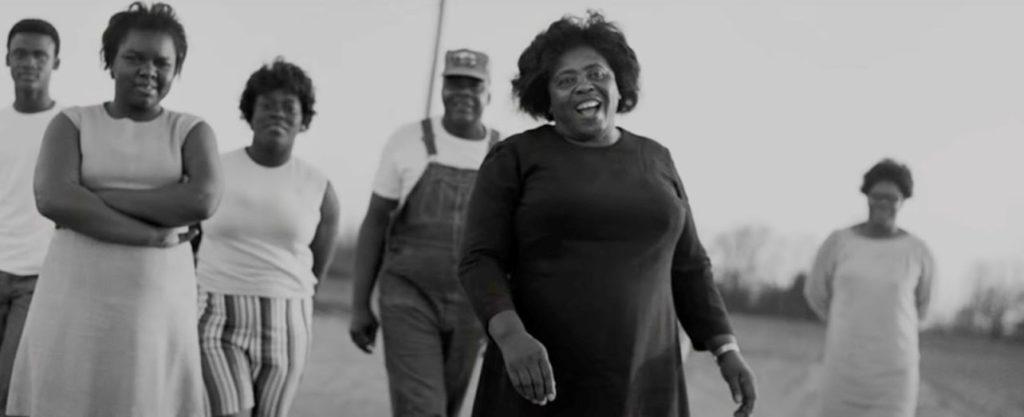
In 2022, Solidarity Remains Our Way Forward
- Saulo Araujo and Chris Morrill
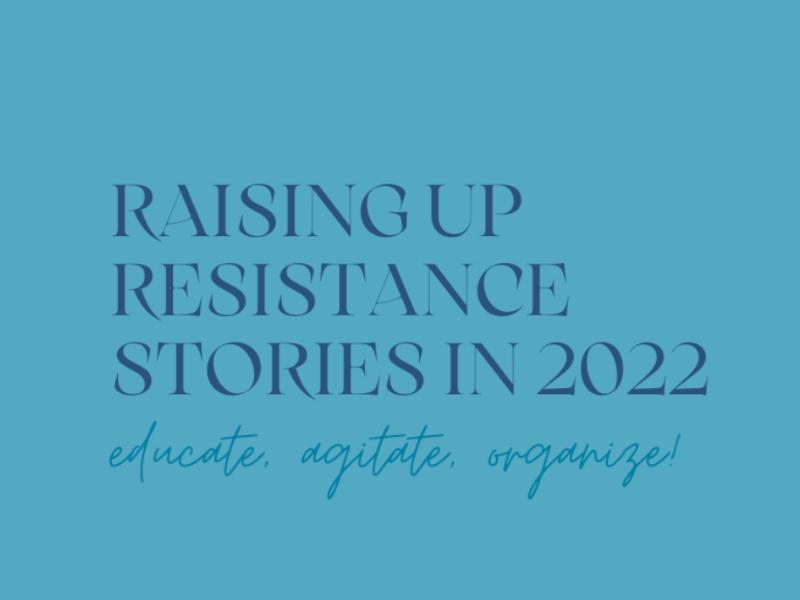
The Truth is Revolutionary: New Colonialisms, Continuing Resistance
- Nzinga Marielle Elegua
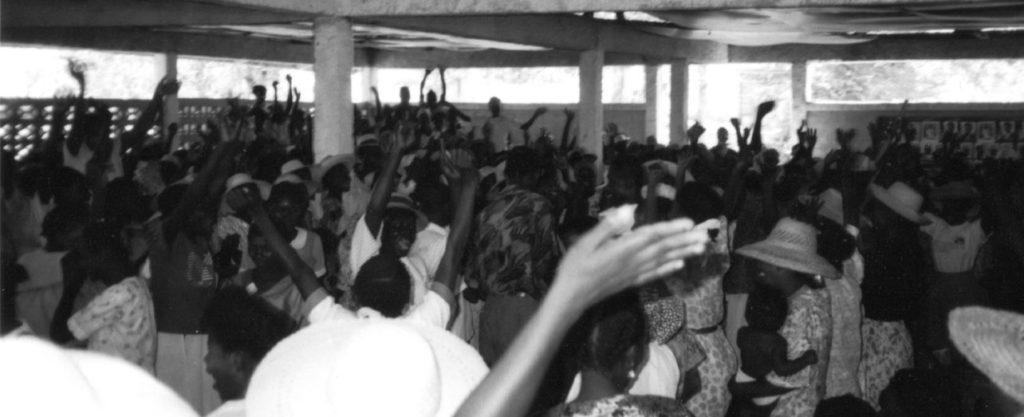
2021 in Review and Resistance
- Grassroots International
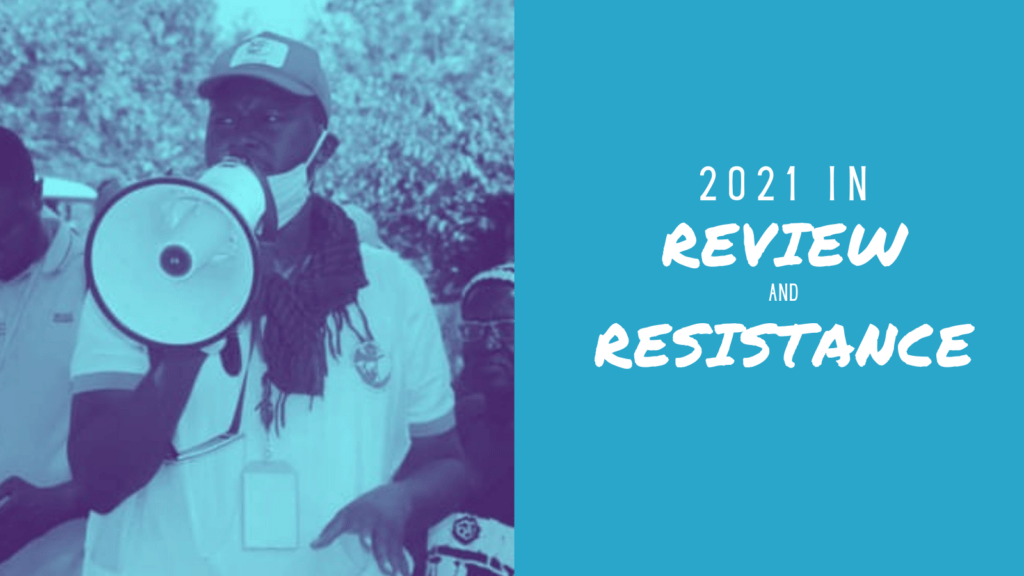
Rooting Climate Justice in Indigenous Resistance
- Christina Schiavoni & Chris Morrill
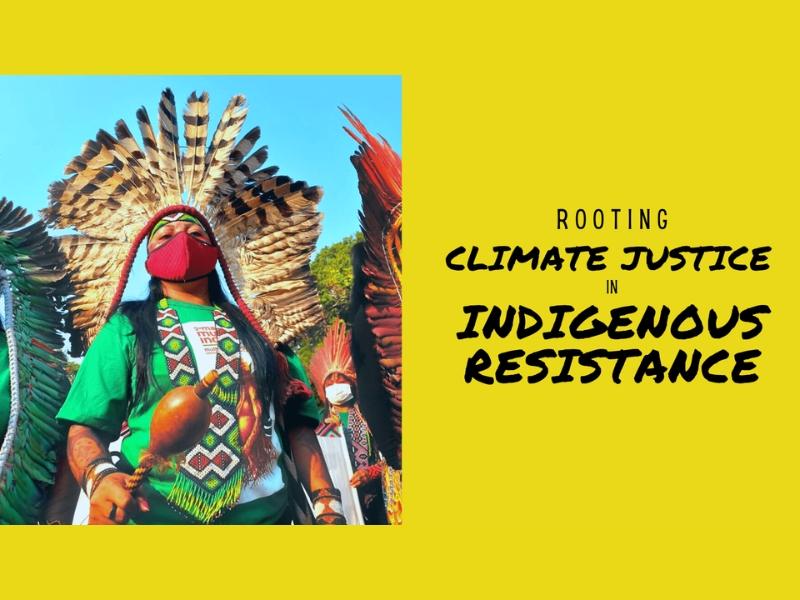
Grassroots Intermediaries are a Path to Climate Justice
- REO Collaborative
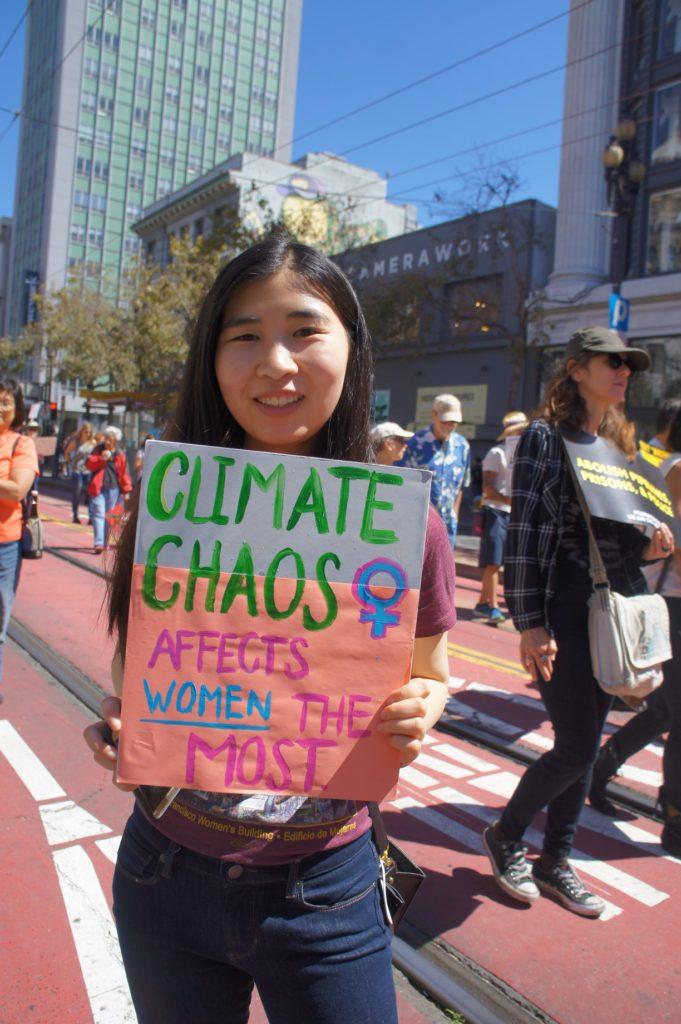
Black and Indigenous Communities Take on Corporate Land Grabbing
- Christina Schiavoni

Land and Territory: Sovereignty, Culture and Resistance
- Chris Morrill
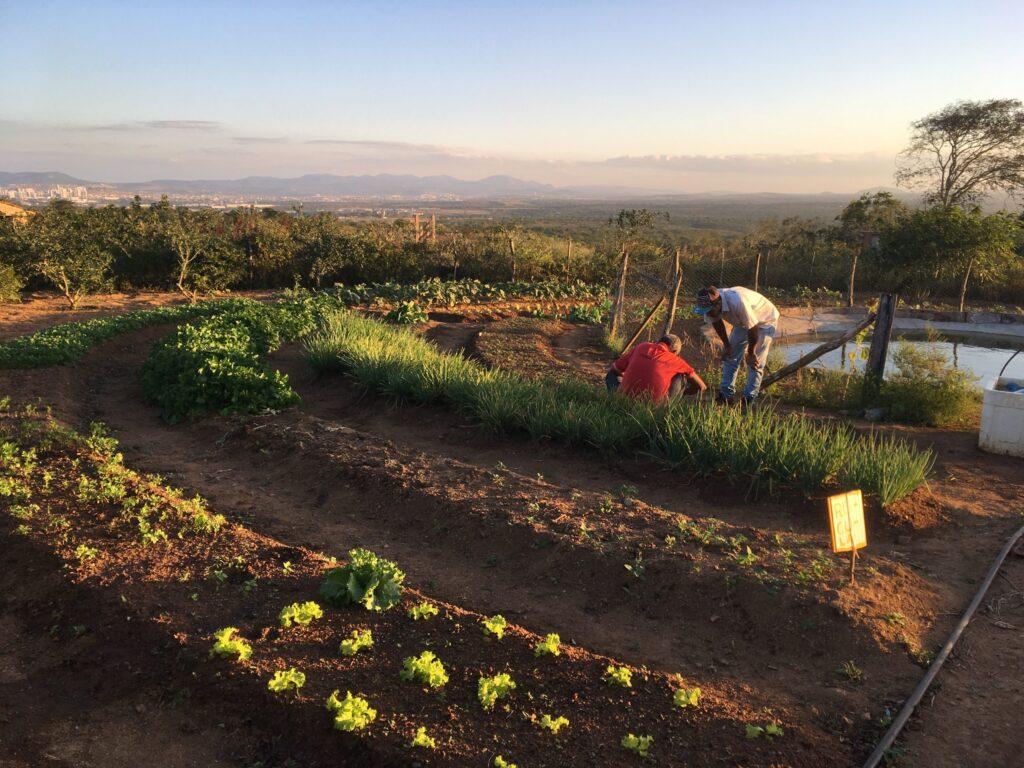
Food Sovereignty, a Manifesto for the Future of Our Planet
- La Via Campesina
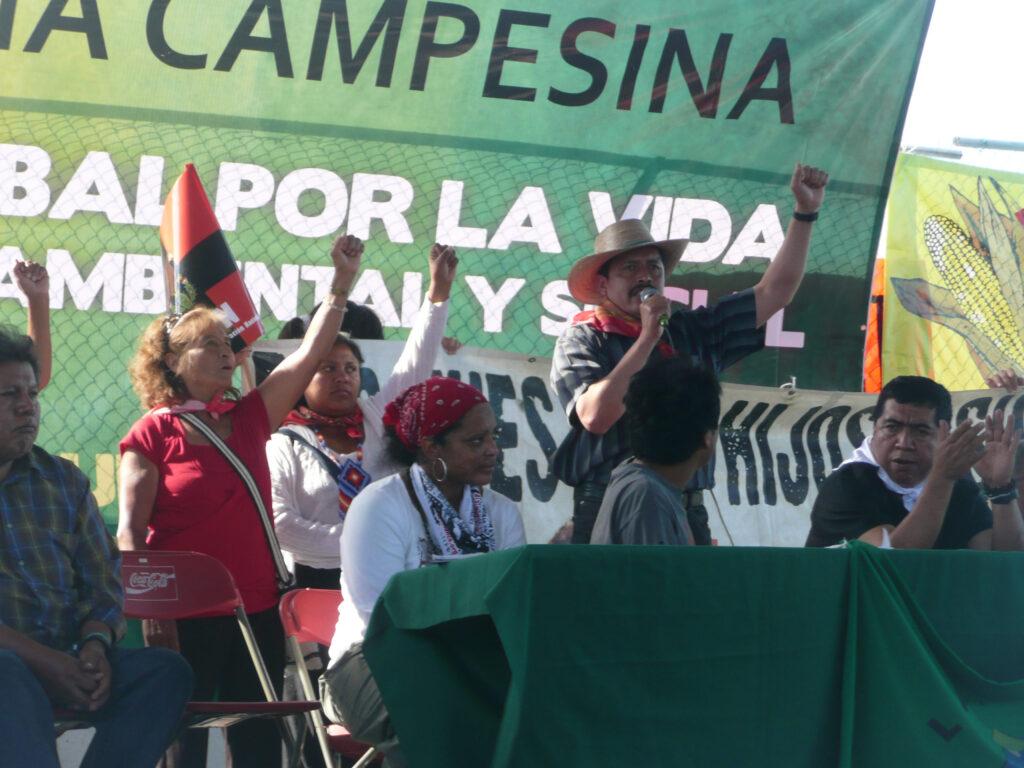
On Heels of Failed UN Food Systems Summit, Food Sovereignty Prize Highlights Transformative Solutions
- US Food Sovereignty Alliance
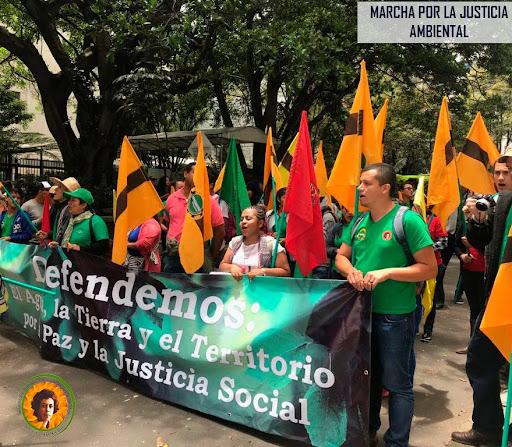
Reflections on Food Sovereignty and Black Liberation
- Katherine Asuncion
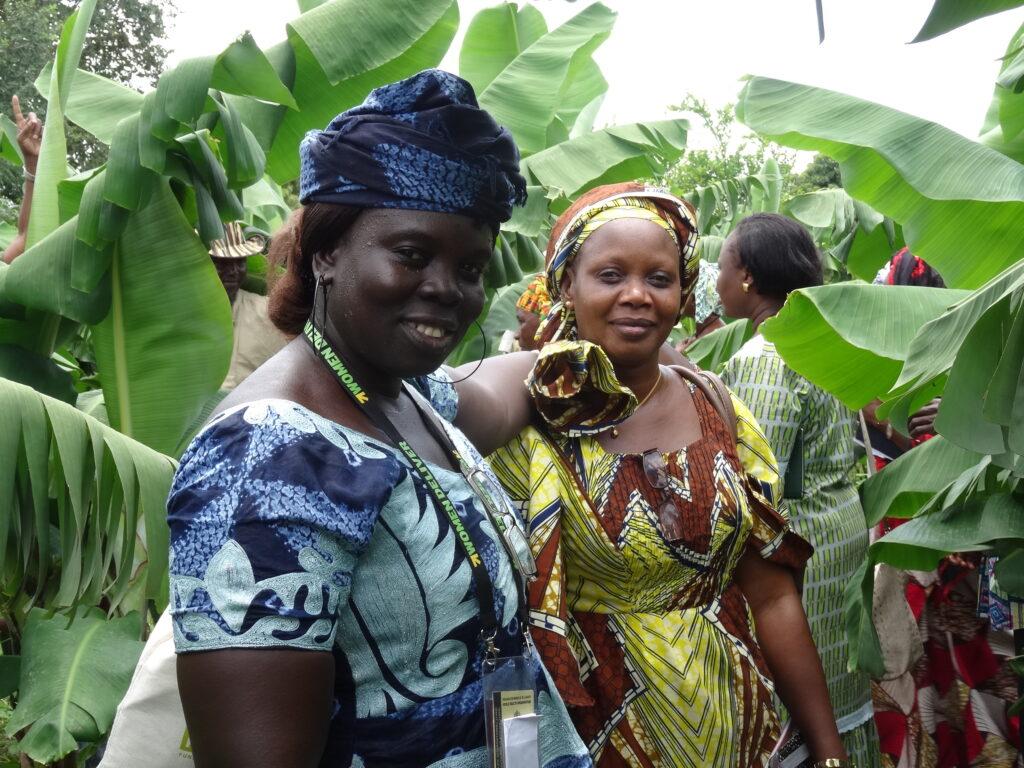
25 Years of Food Sovereignty: Accompanying the Struggle
- Christina Schiavoni
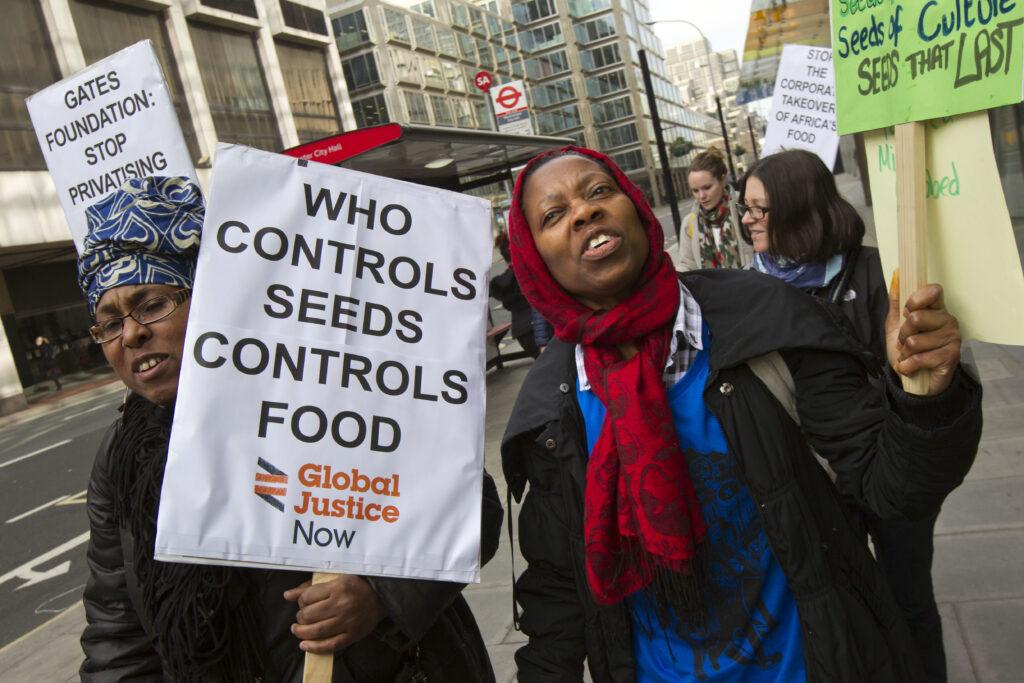
Food Sovereignty Prize Winners Announced
- US Food Sovereignty Alliance
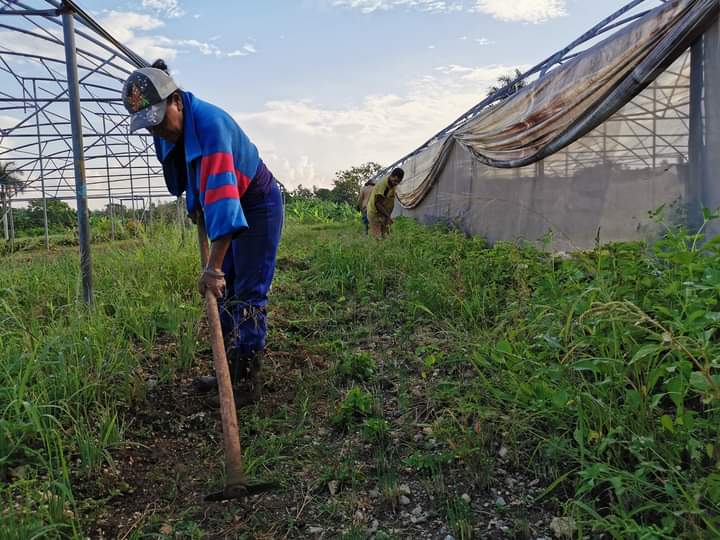
Supporting a Haitian-Led Crisis Response
- Grassroots International
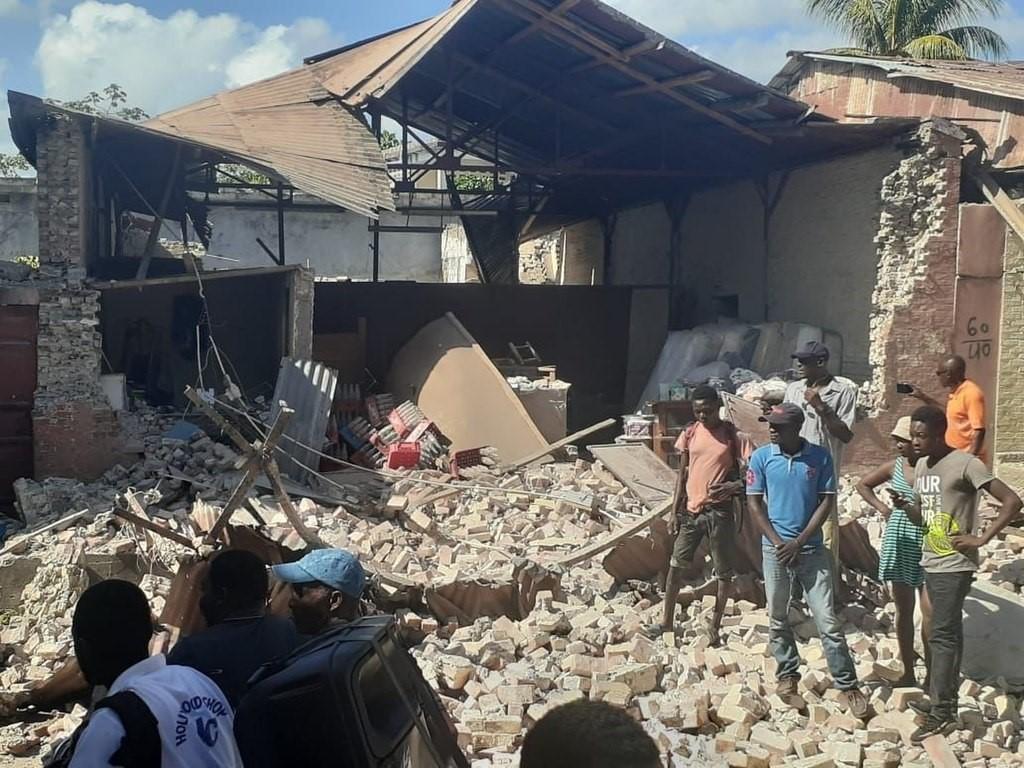
Update from the Trenches in Brazil: “one of the worst crises our country has ever seen”
- Valdenildo Martins de Souza
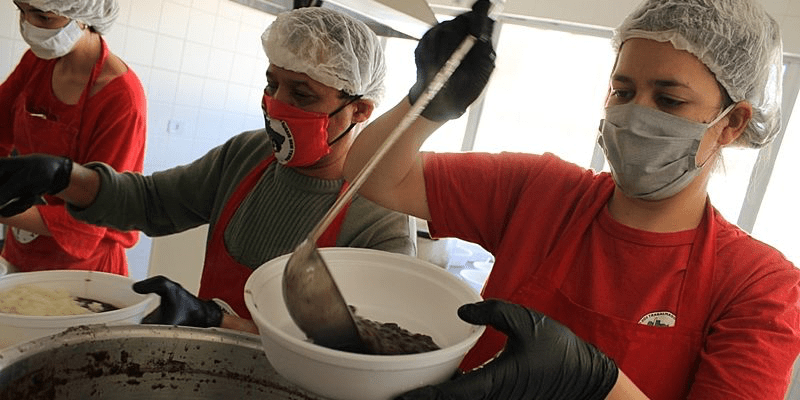
International Day of Peasant Struggle: Looking Back to Build Forward
- Grassroots International
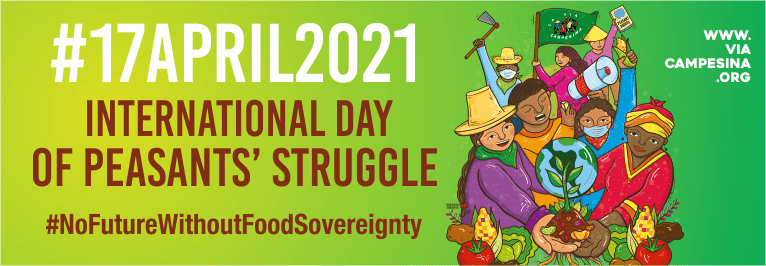
Eldorado do Carajás, 25 Years of Impunity: Interview with Ayala Ferreira
- Fernanda Alcântara
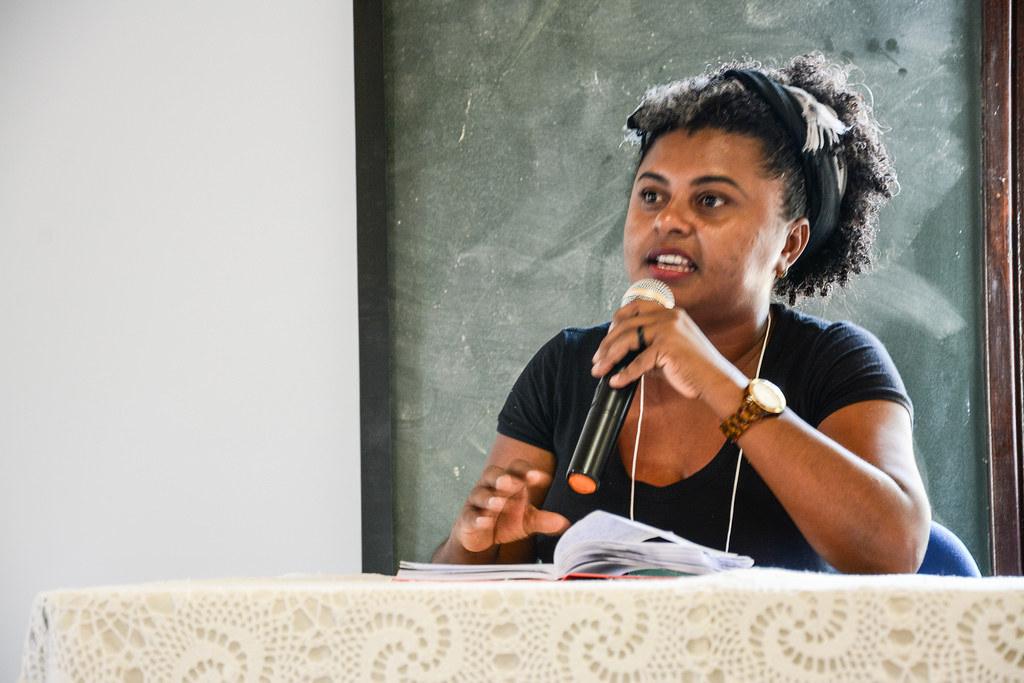
Communicating Food Sovereignty: 10 Years of the Nyéléni Newsletter
- Grassroots International
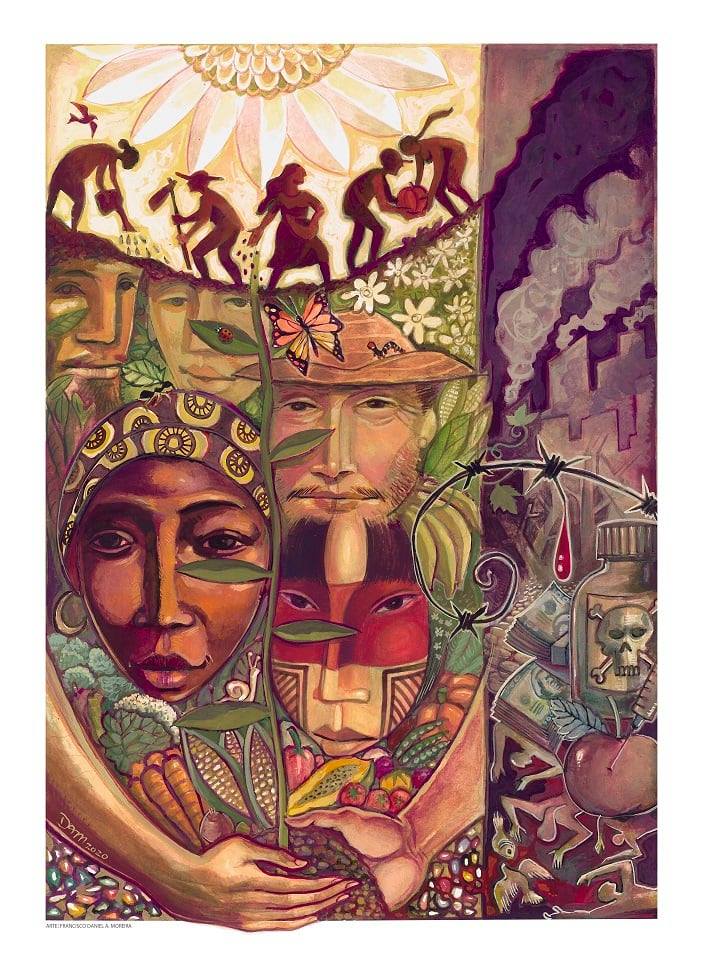
2020 in Review: Response, Recovery and Transformation
- Grassroots International

From Disparity to Parity: For an Equitable Food System Now!
- National Family Farm Coalition
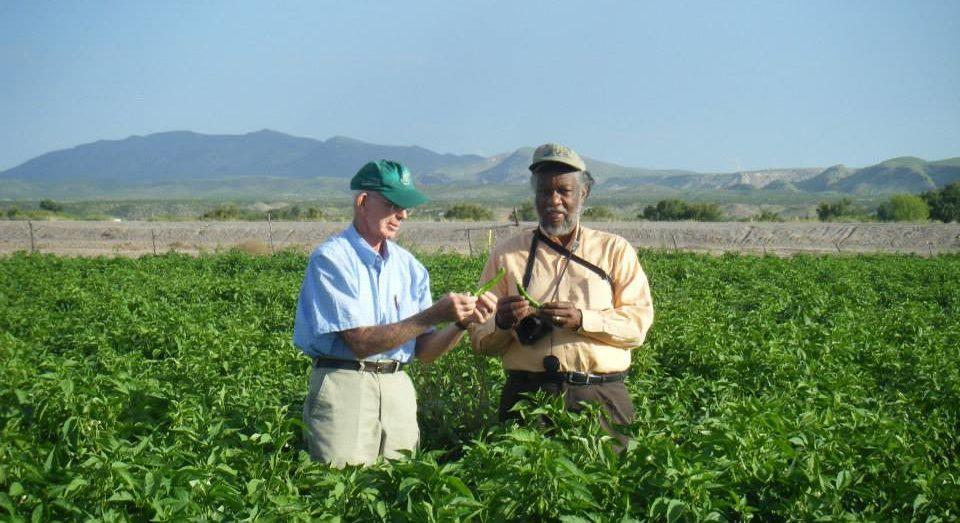
VIDEO: Land Grabs in Brazil
- Grassroots International
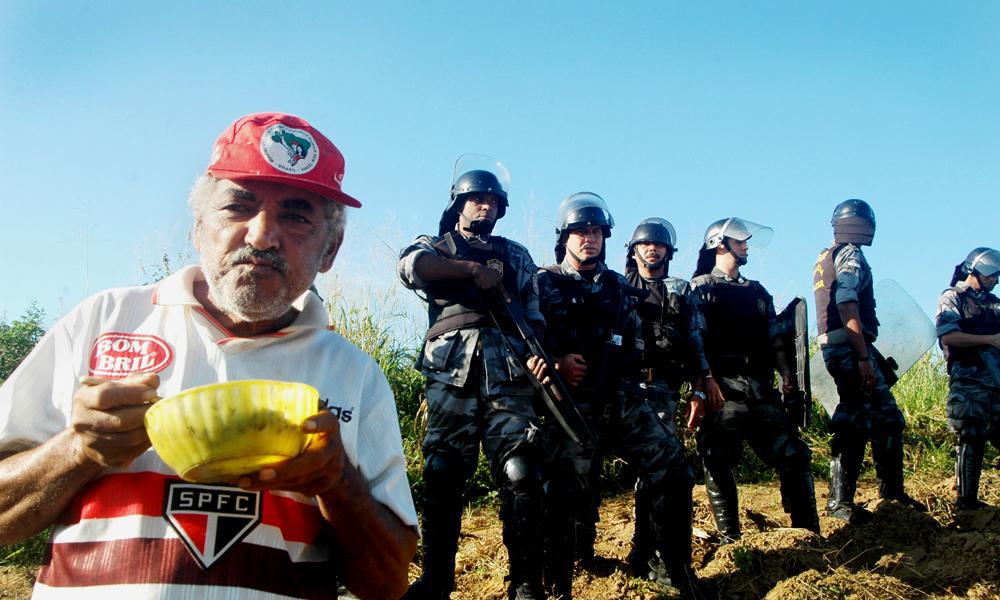
Haitian Movements Denounce Land Grabs
- Statement of Haitian Movements
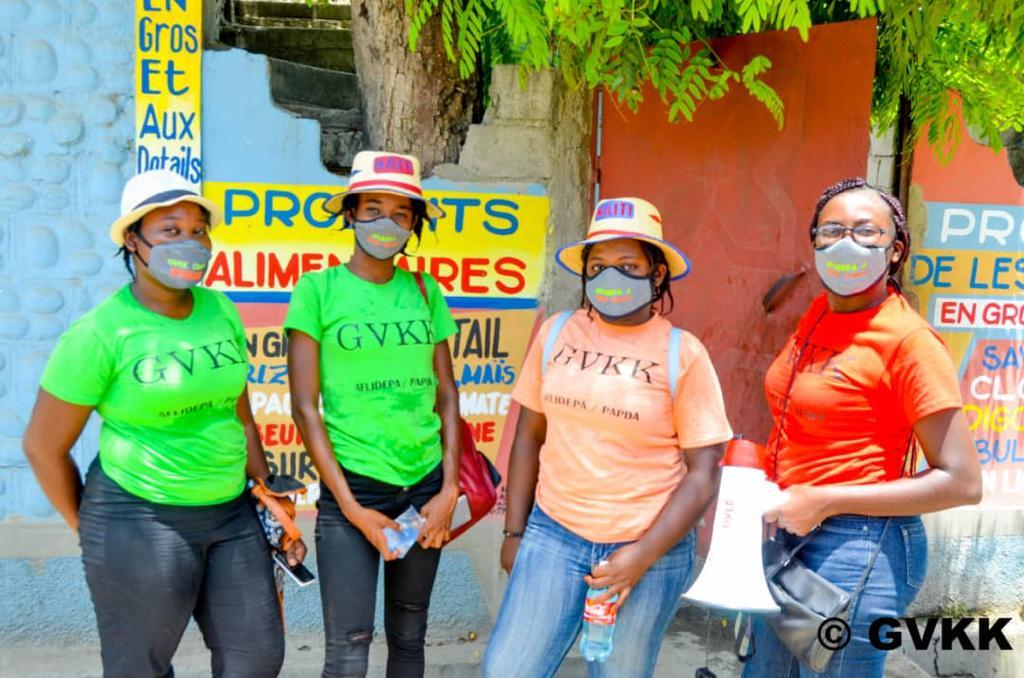
Food as Control, Food as Resistance
- Christina Schiavoni

Converging to Overcome Crisis and Change the System
- Salena Tramel
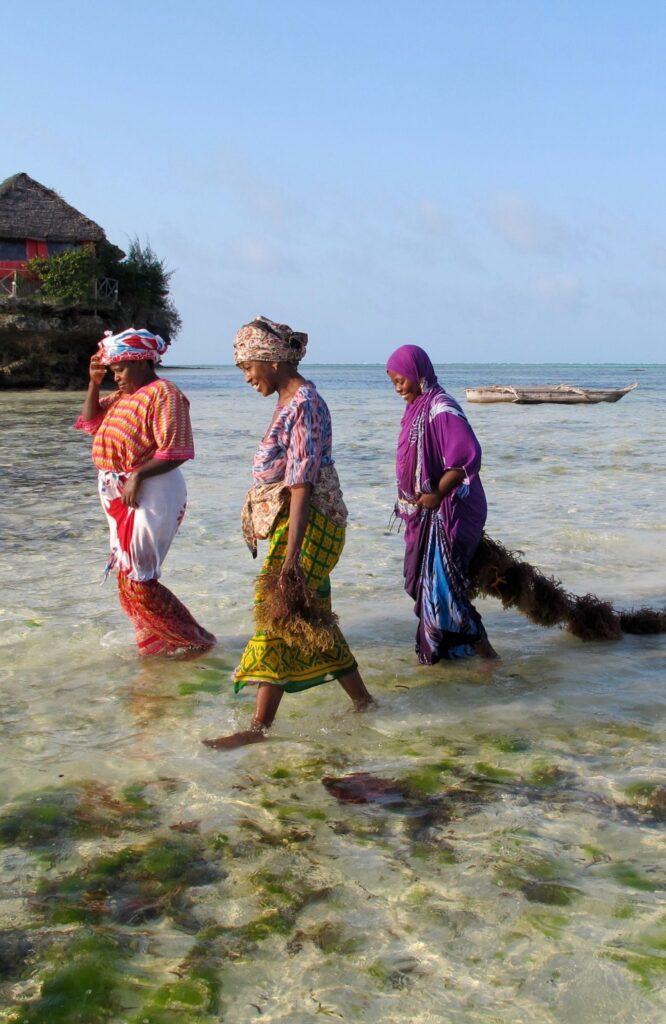
World Food Day: Saluting Food Sovereignty Prize Awardees
- U.S. Food Sovereignty Alliance
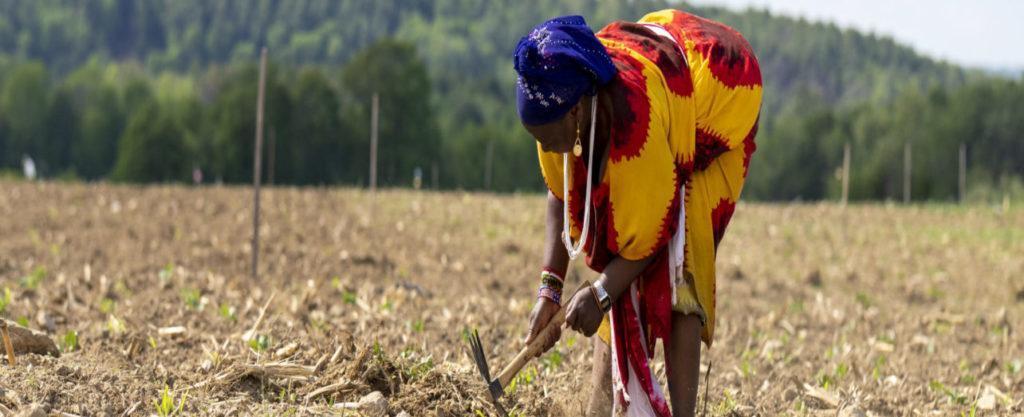
Agribusiness Replaces Hunger with Malnutrition
- TimWise
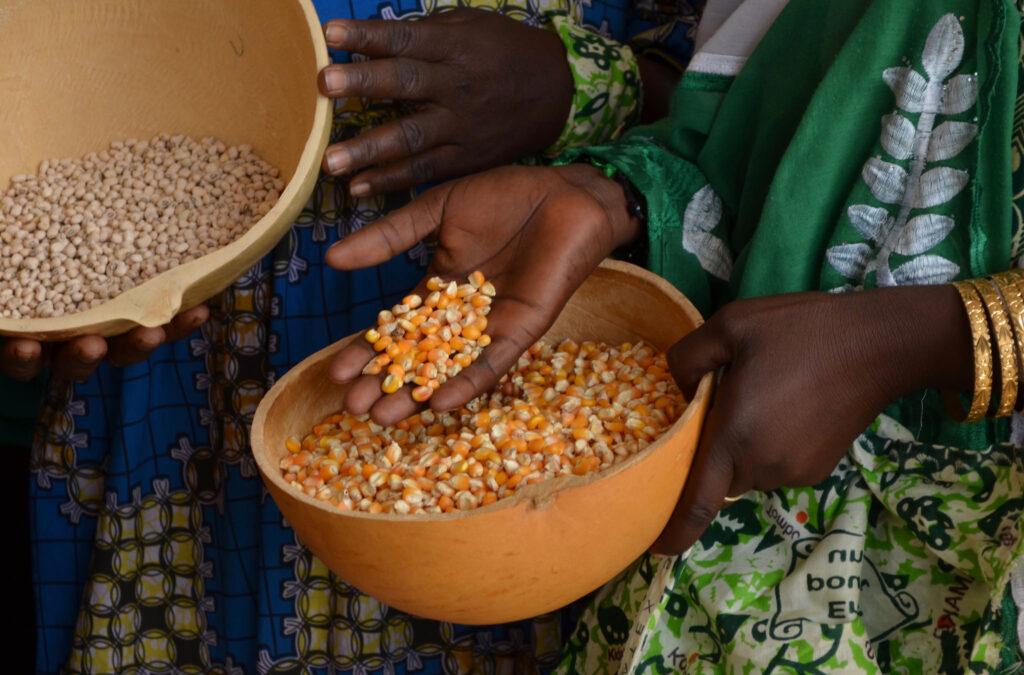
Small-scale Agriculture Can Feed Our Countries
- Agnès Faivre

Movement Poem: “the tools that those frogs spoke about by the fire”
- Efren Uriel Lopez
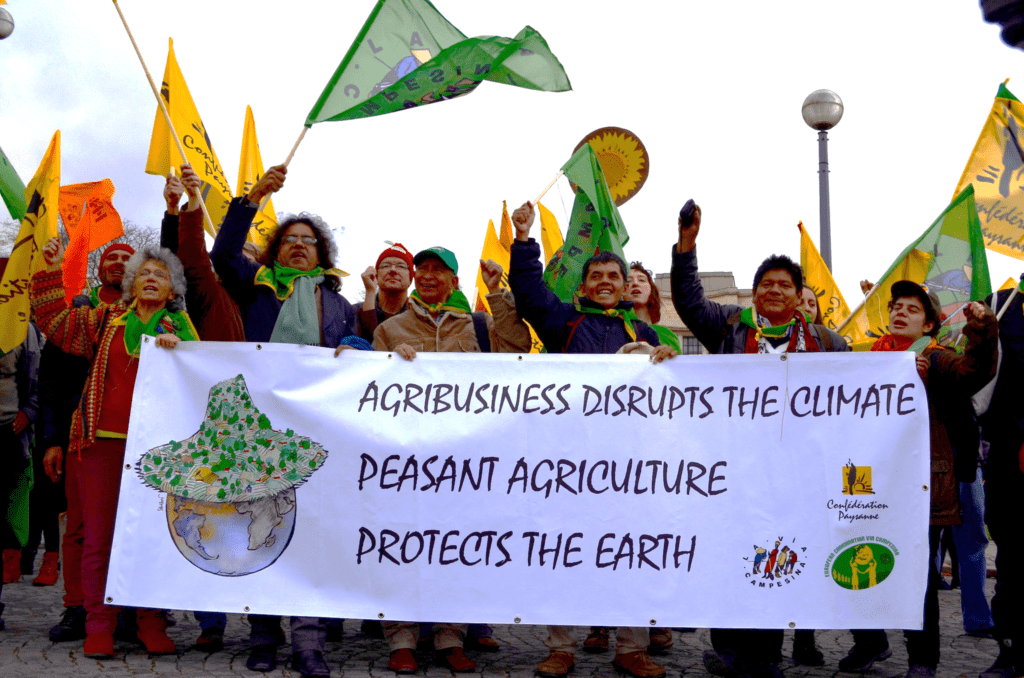
MST Demands COVID-19 Agrarian Reform
- Grassroots International

Dignity over Austerity in Puerto Rico’s Food Sovereignty Movement
- SalenaTramel
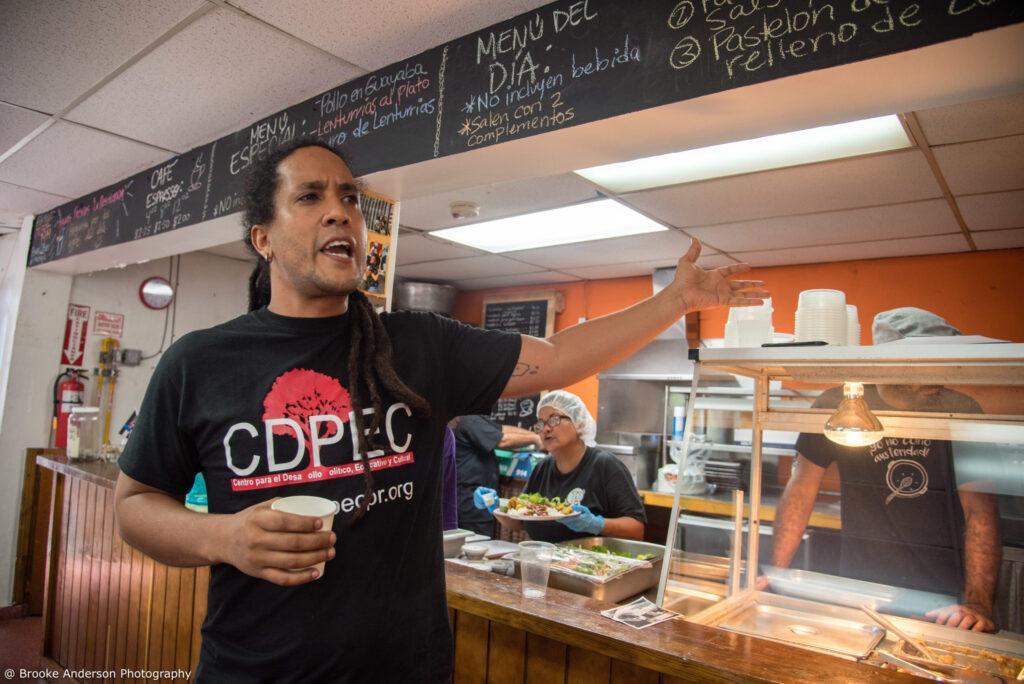
Prevent Agribusiness’s Pandemics with Food Sovereignty
- Chris Morrill
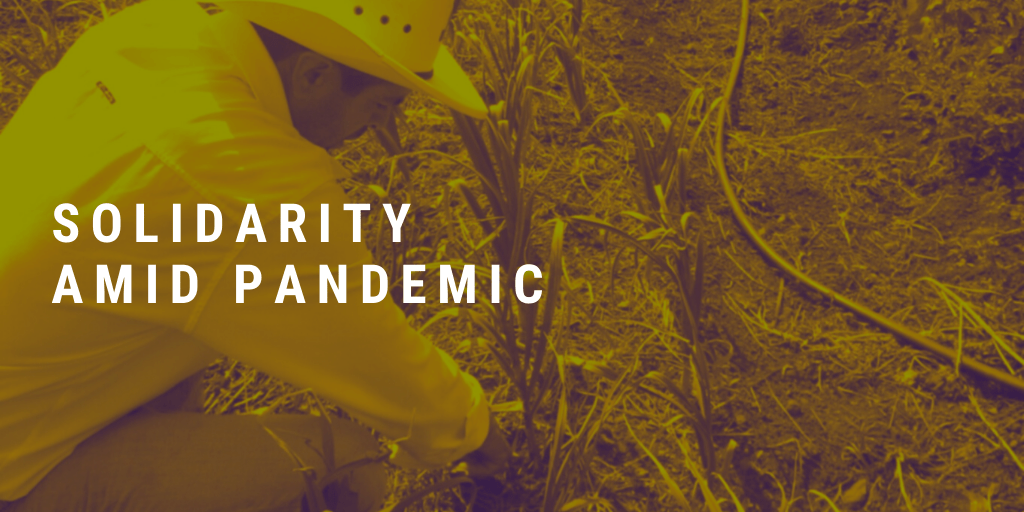
Amid COVID-19, Via Campesina says stay home but not silent
- La Via Campesina

Protesta Y Propuesta: Lessons from Puerto Rico
- Grassroots International and Movement Generation
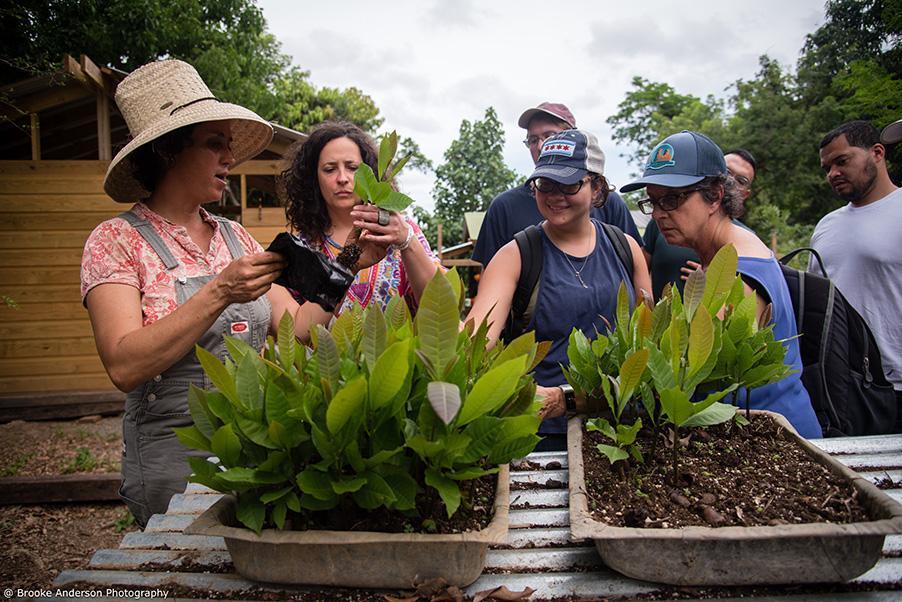
New Report Urges U.S. Philanthropy to Invest in Puerto Rico’s Social Movements
- Grassroots International and Movement Generation
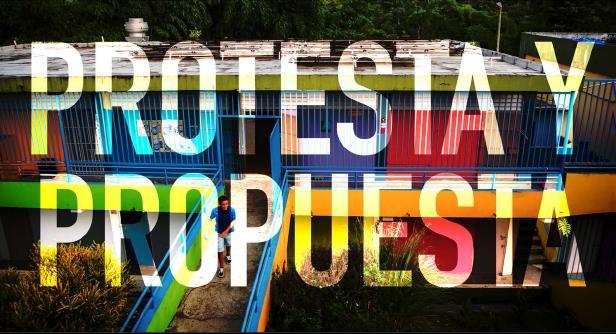
Fighting Bill Gates for the Future of Food
- Million Belay and Timothy A. Wise

What is Organic Farming If Not Sustainable?
- ChrisMorrill
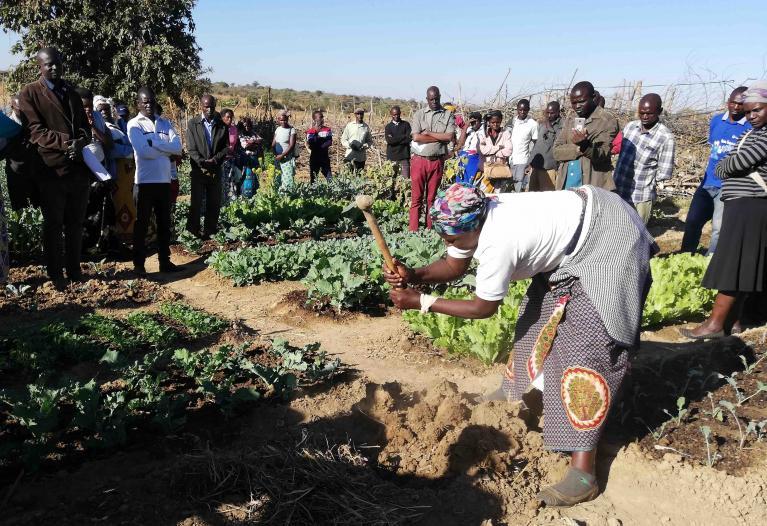
Coming Out! Gender Diversity in the Food System
- Paula Gioia

Fossil Fuel Free Farming in Africa
- Chris Morrill
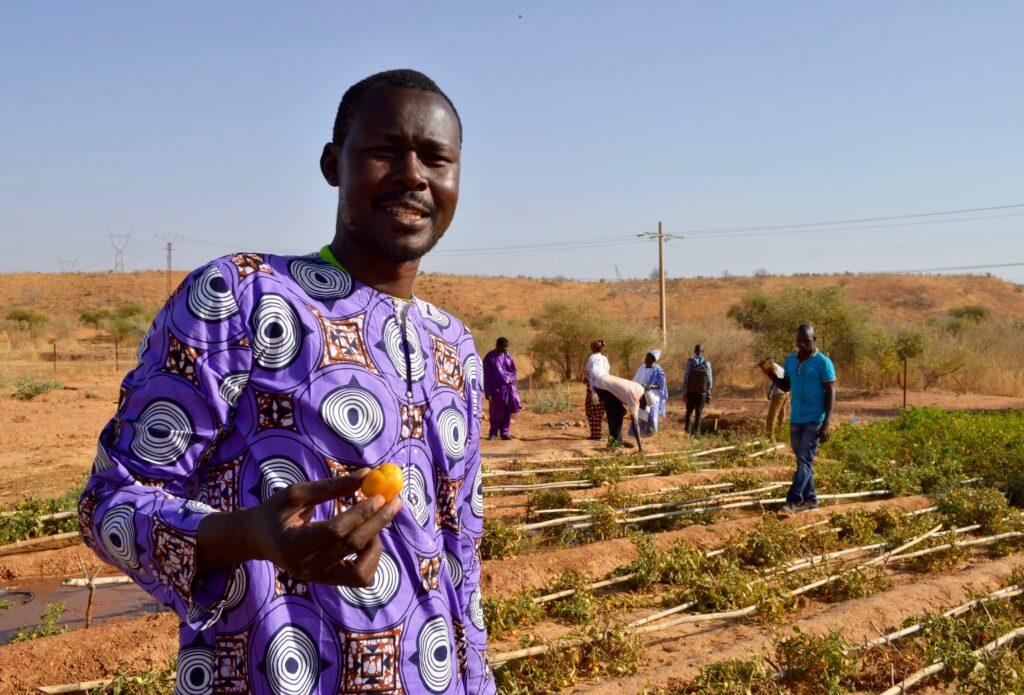
We’re All in the Same Lifeboat Now: Climate Change Comes for Farmers, from Mozambique to Iowa
- Timothy A.Wise
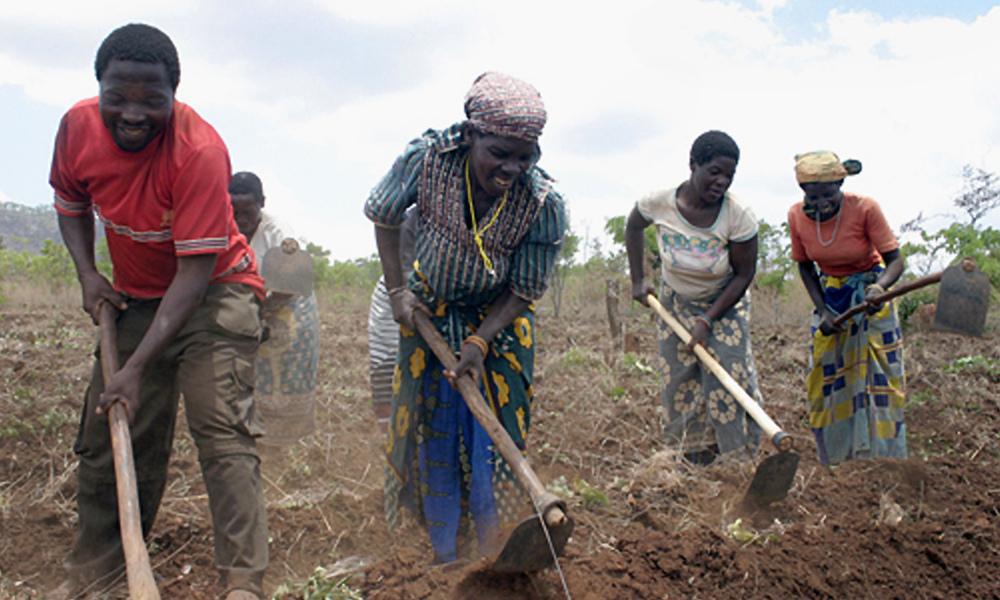
Pesticides, GMOs and Fires vs. Agroecology
- Chris MorrillMorrill
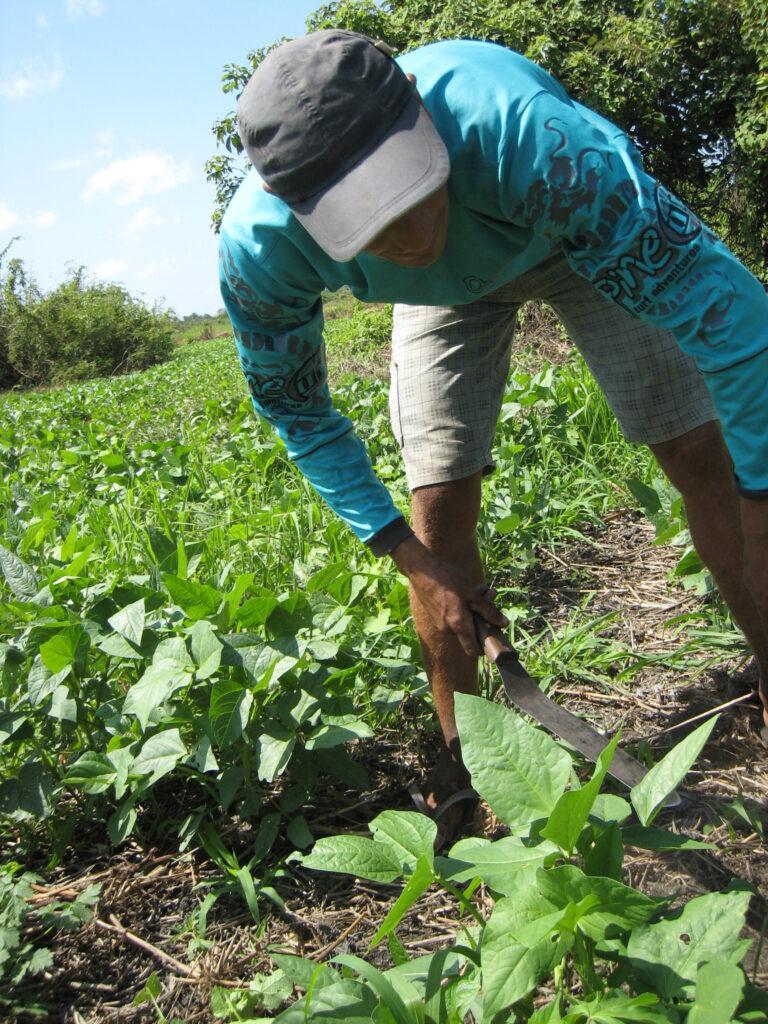
La Via Campesina Issues Call Against WTO and Free Trade Agreements
- La Via Campesina

Joy and Hope Amid Struggle in Brazil
- Piper Carter
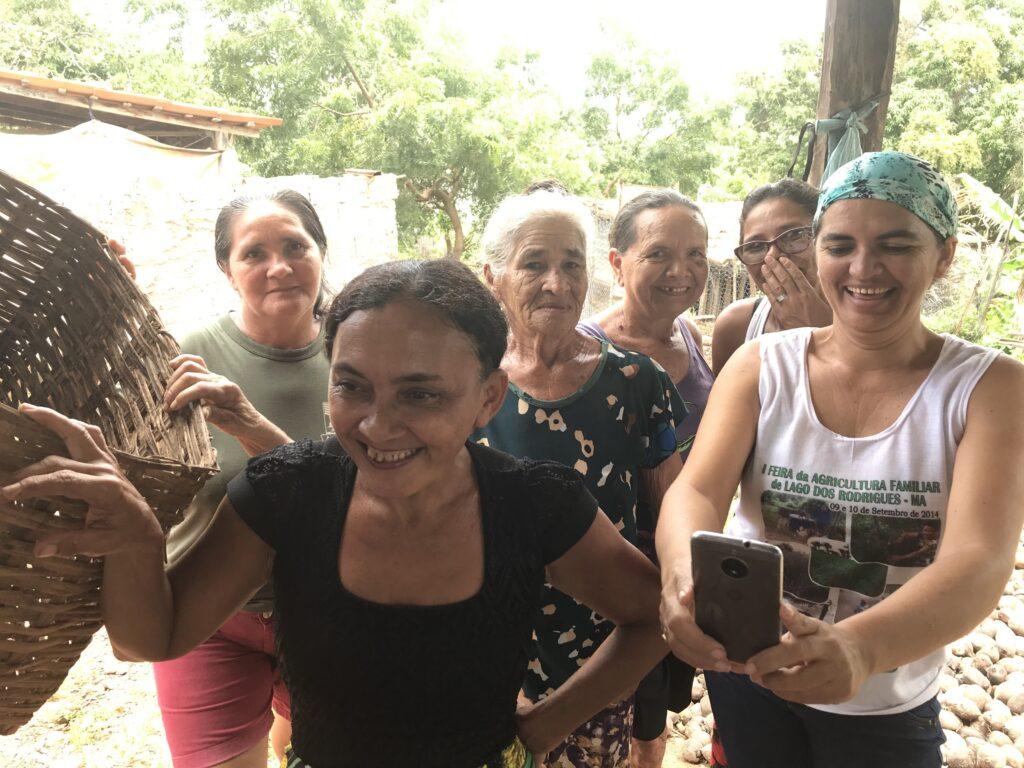
Family Farming Could Feed Haiti and Protect It From Climate Change
- Jean-Rusnel Etienne
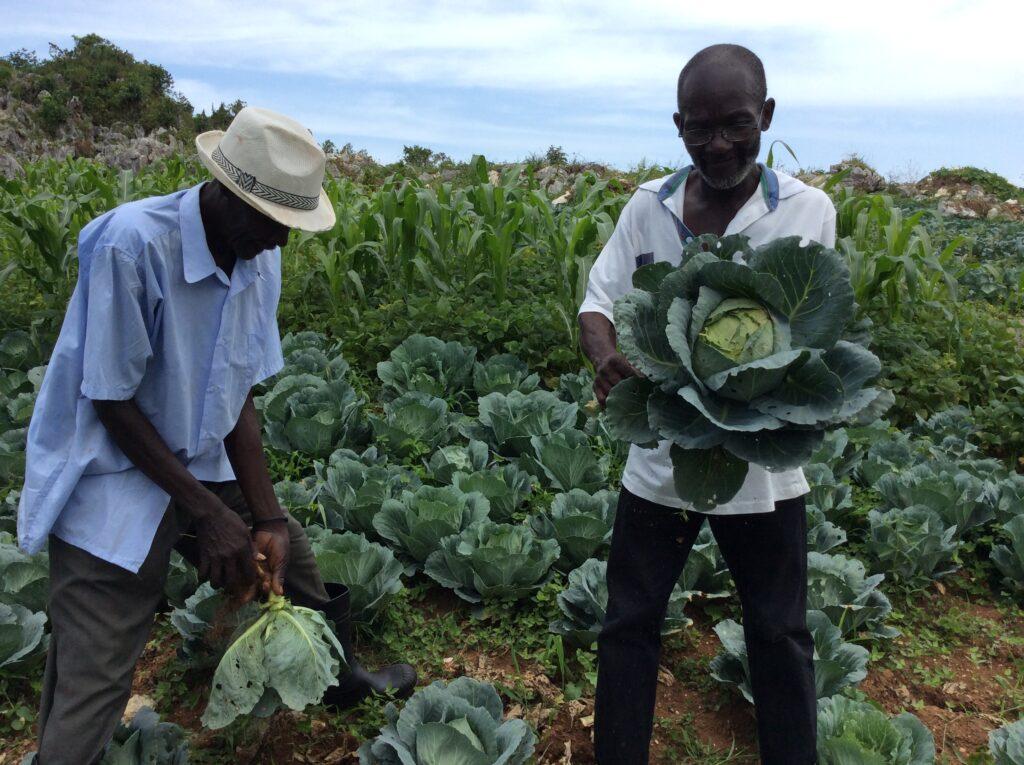
Knowing their Audience: Popular Media and Education for Movement Building in Haiti
- Chris Morrill
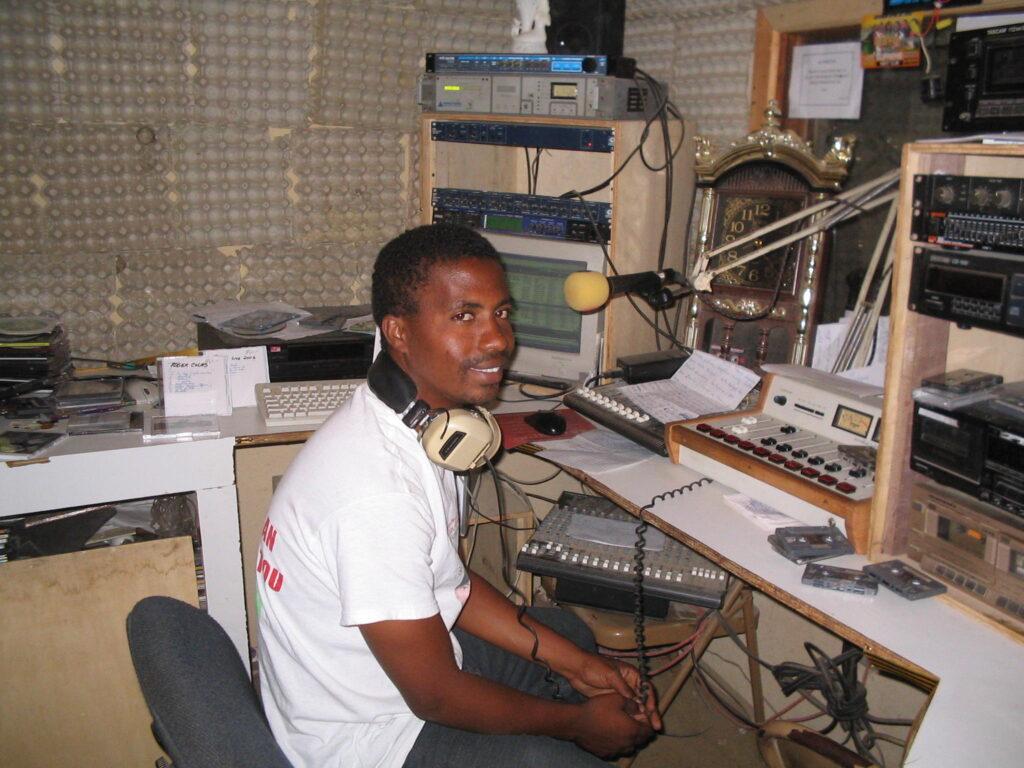
Stopping Colleges’ Land Grabs: Farmers and Faculties Unite
- Chris Morrill
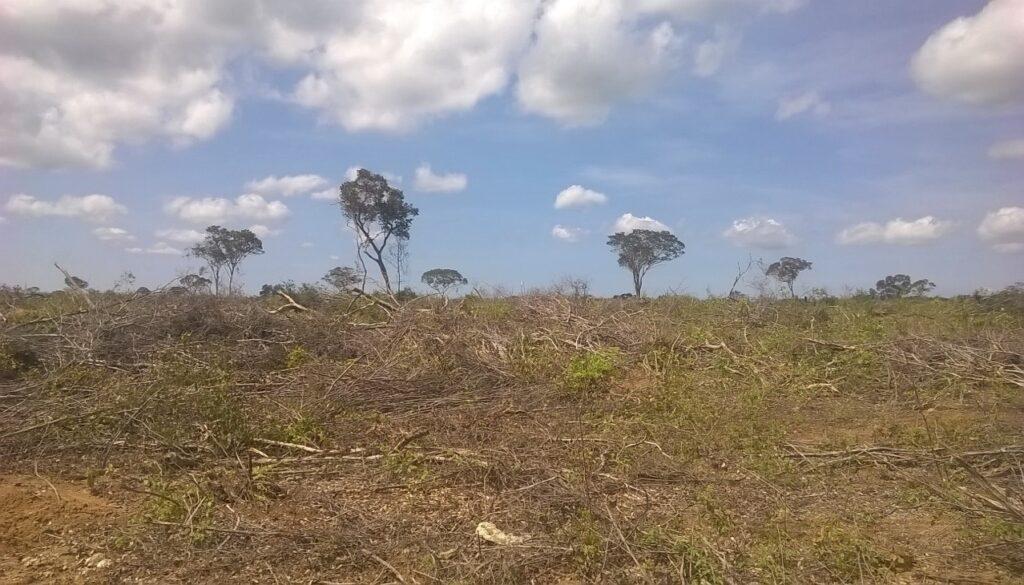
Swift Foundation Open Letter: Support for Land Rights Means Support for Grassroots Leadership
- Swift Foundation
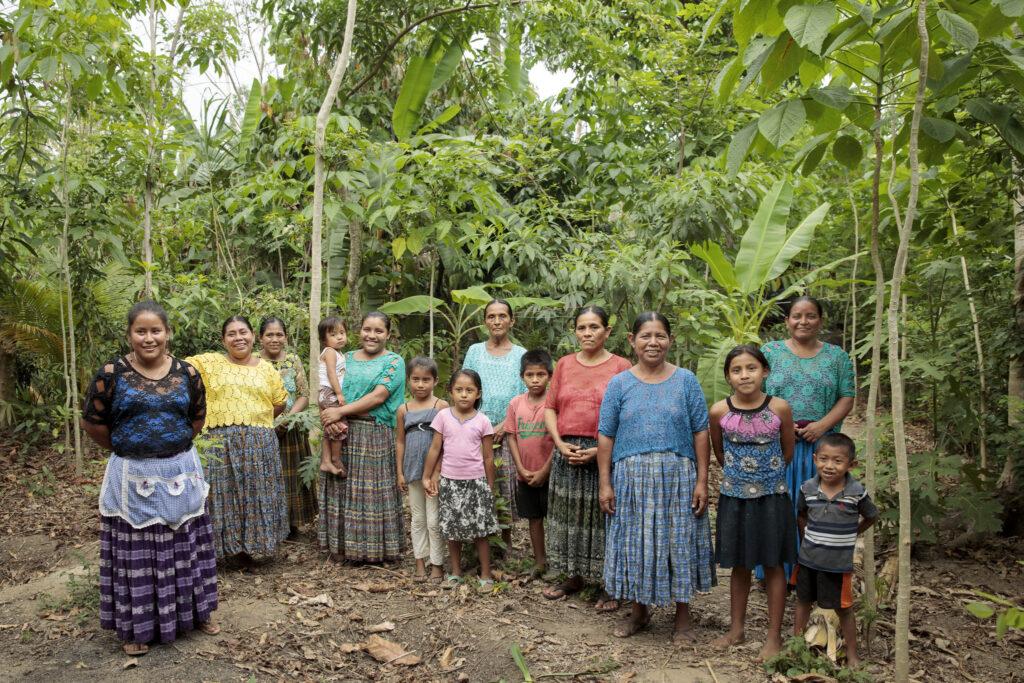
Embracing Grassroots Feminism
- SalenaTramel
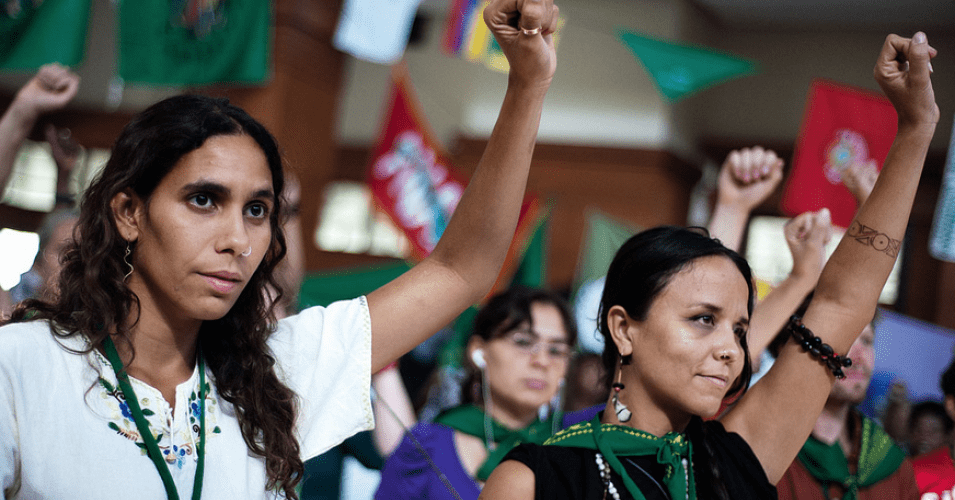
Letter to the People of Brazil
- Movimento dos Trabalhadores Sem Terra (Landless Workers Movement, MST)
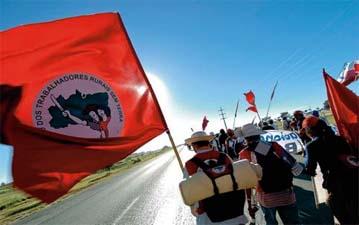
Babaçu Nut Harvesters Organize for Land and Livelihoods in Brazil
- Chung-Wha Hong and Lydia Simas
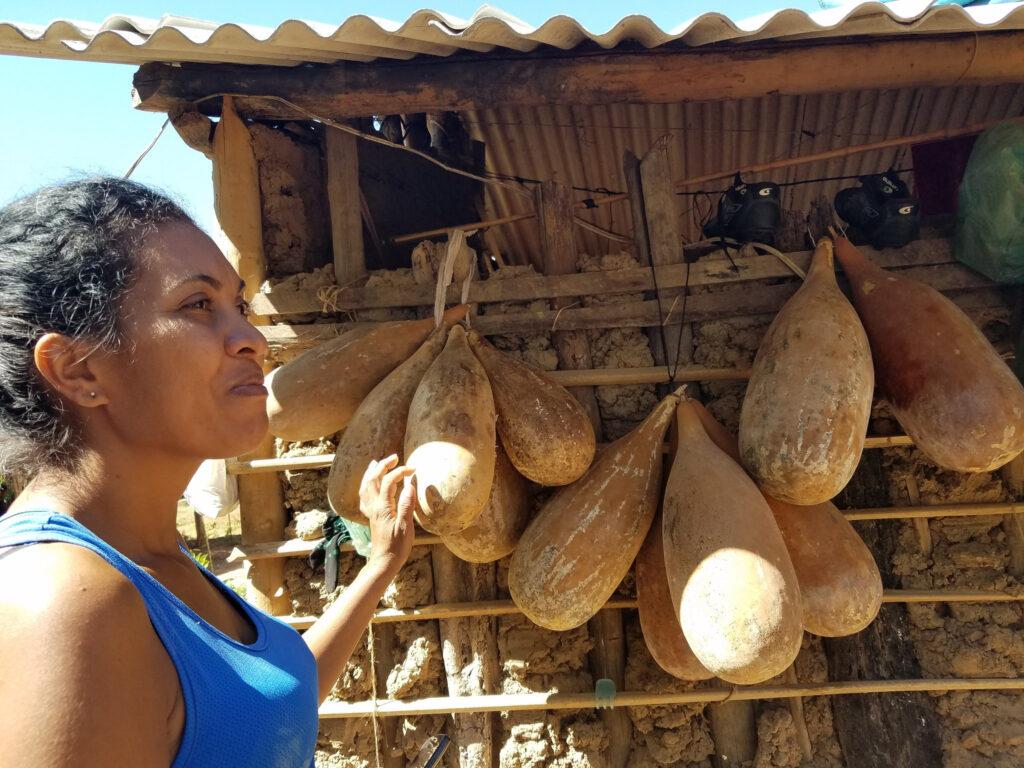
2018 in Review: Growth of Resistance, Impact
- JonathanLeaning
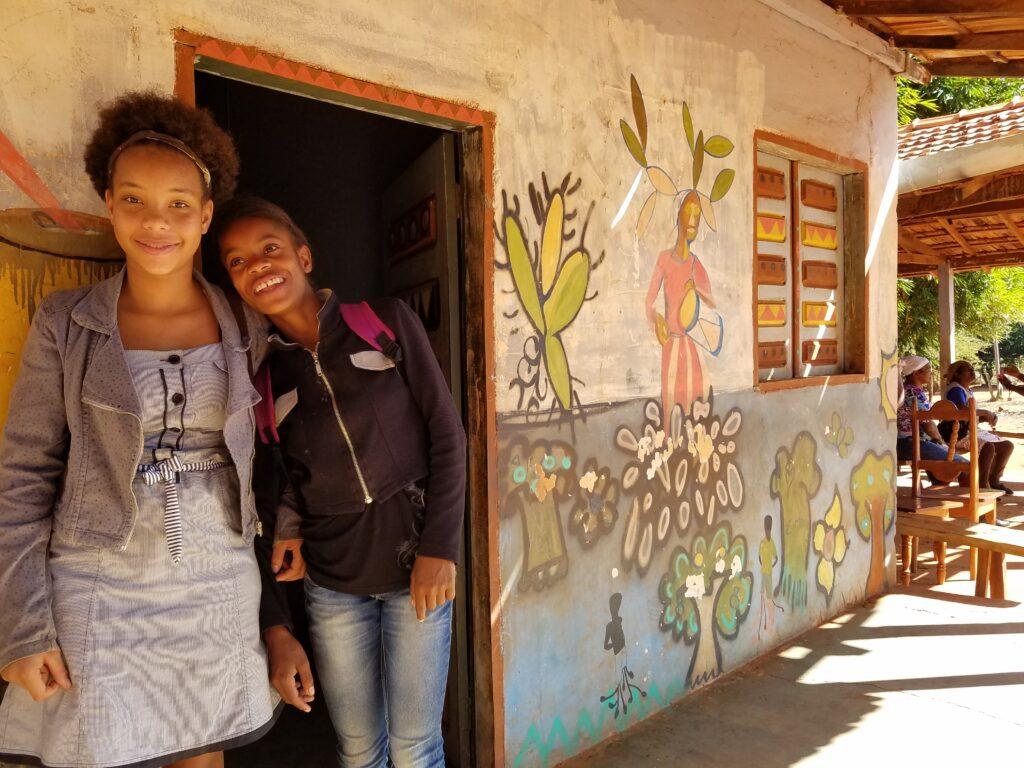
Peasants’ Rights are Human Rights
- Emma George
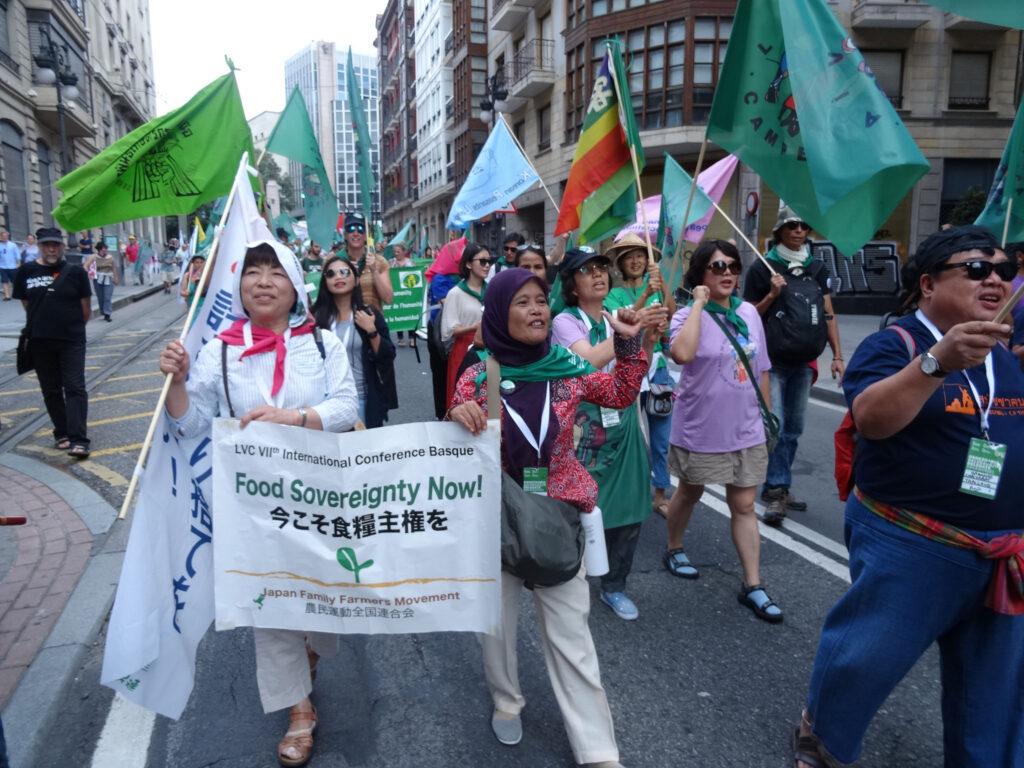
Tell TIAA to Get Out of the Land Grabbing Business
- Family Farm Defenders
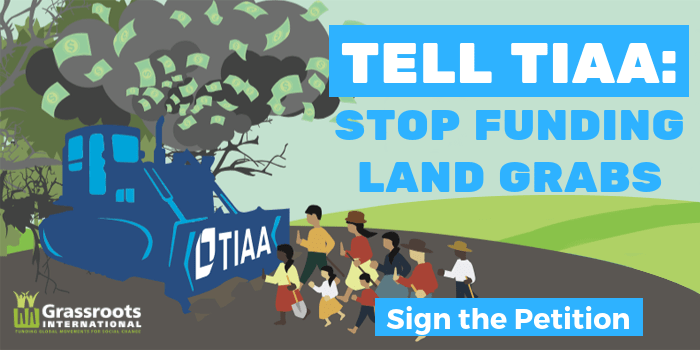
USFA Declares Food Sovereignty and Cross-Border Solidarity
- US Food Sovereignty Alliance
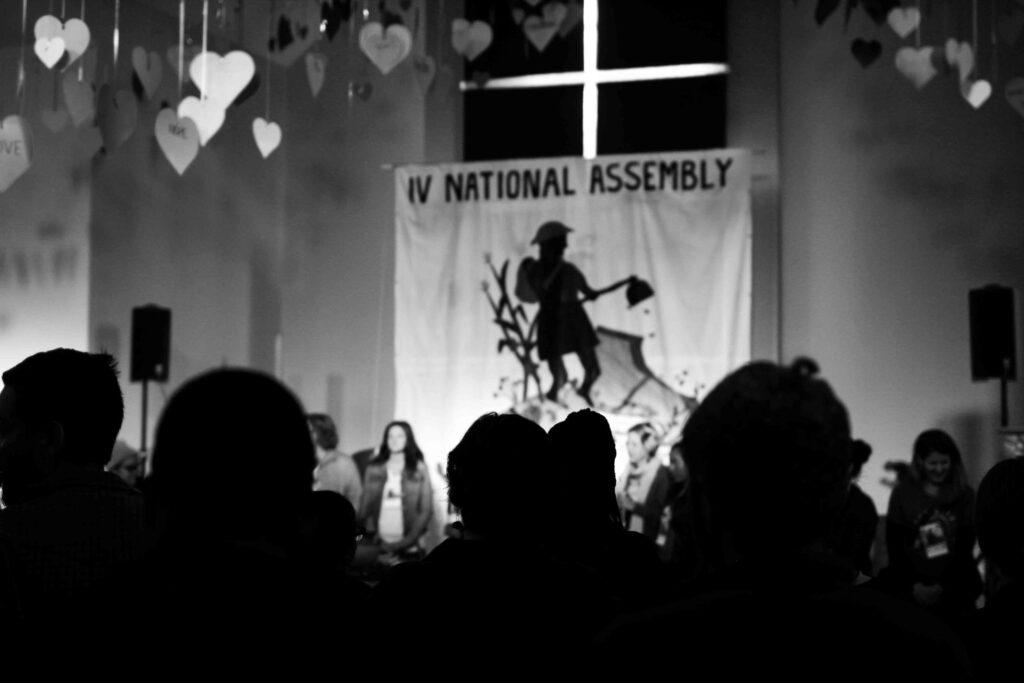
Agroecology as a Tool of Sovereignty and Resilience in Puerto Rico After Hurricane Maria
- HeatherGies

Grassroots Movements Celebrate Building Solutions to Food and Climate Crises
- US FOOD SOVEREIGNTY ALLIANCE
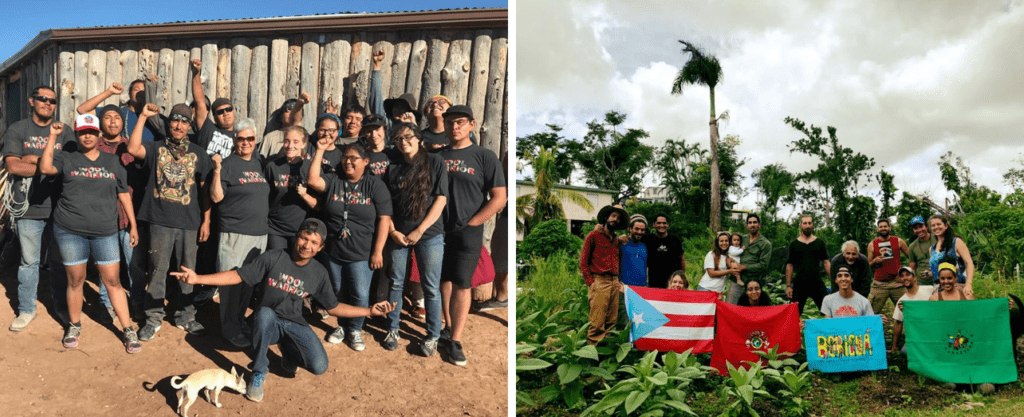
Statement from Mexican Social Movement on Secretary of Agriculture Nominee
- THE NETWORK IN DEFENSE OF THE NATIVE CORN OF OAXACA
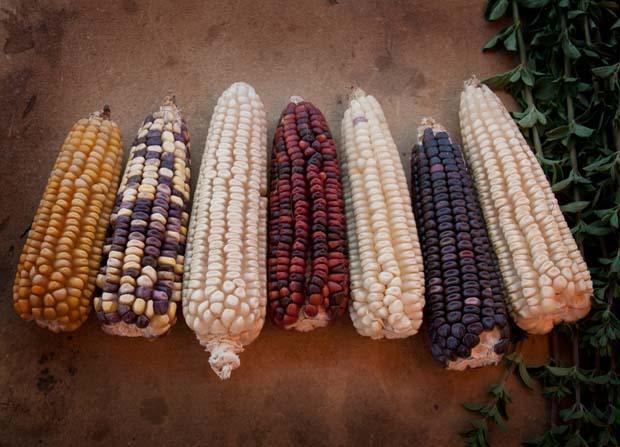
Family Farmers Applaud Defeat of Regressive House Farm Bill
- NATIONAL FAMILY FARM COALITION
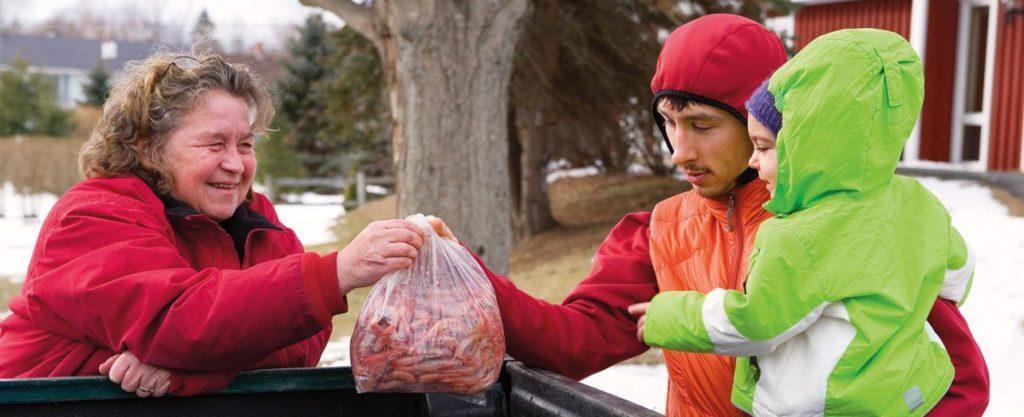
Hands Off African Seeds! – No Intellectual Property on Life
- ALLIANCE FOR FOOD SOVEREIGNTY IN AFRICA
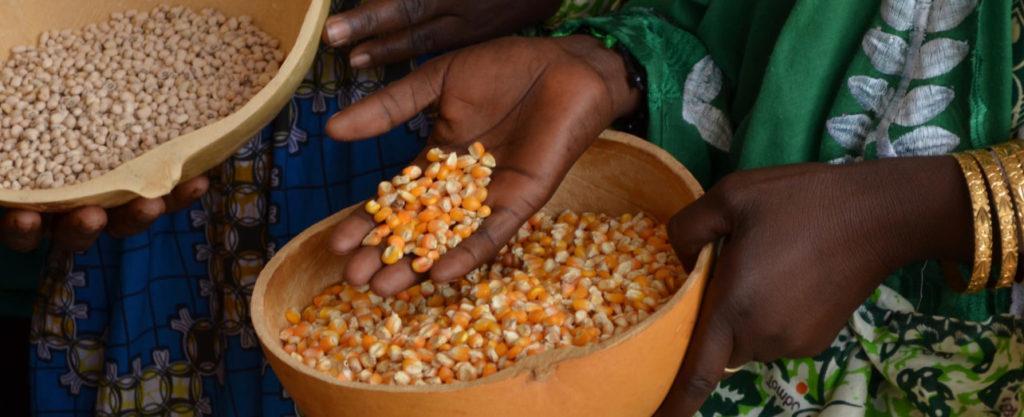
On ‘Food Sovereignty Day’ La Via Campesina Launches Publication on Food System
- LA VIA CAMPESINA
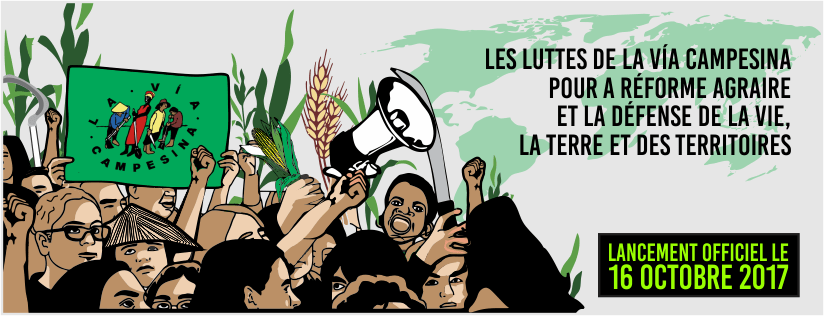
2017 Food Sovereignty Prize Winners Announced
- CHRIS MORRILL
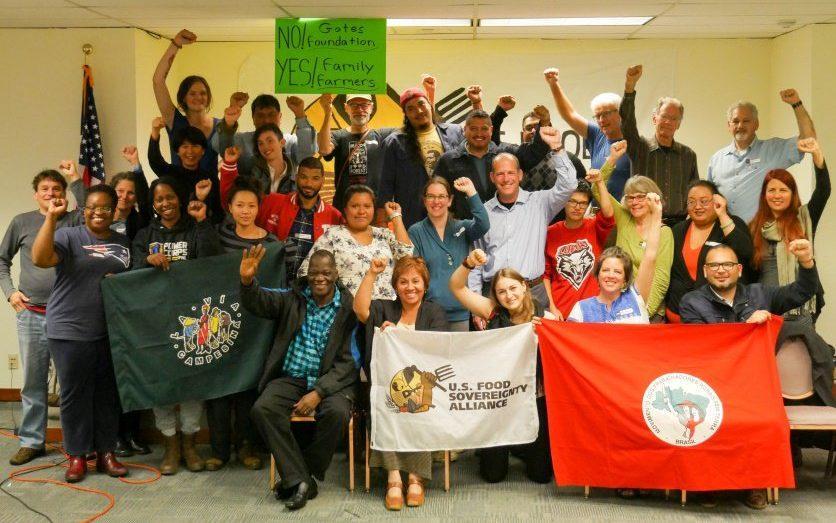
2016 Food Sovereignty Prize Recipients Call Big Ag’s Bluff, Challenge Corporate Food System
- CAROL SCHACHET
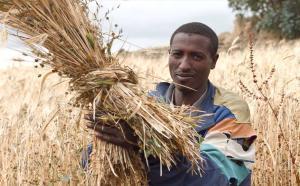
More than 60 Haitian and US Organizations Demand USDA Peanut Plan Be Cancelled
- CLAIRE GILBERT
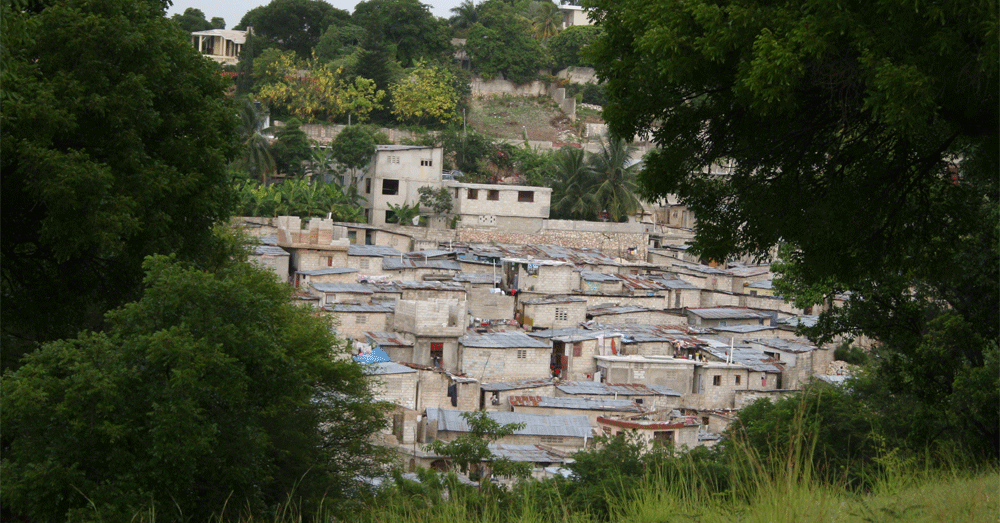
Black and Afro-Indigenous Farmers Share 2015 Food Sovereignty Prize
- GRASSROOTS INTERNATIONAL
2013 Food Sovereignty Prize Honors Grassroots International Partners
- MINA REMY
The World Food Prize Misses the Mark
- CAROL SCHACHET
2011 Food Sovereignty Prize winners announced
- CAROL SCHACHET
Now Available – Food Rebellions! Crisis and the Hunger for Justice
- GRASSROOTS INTERNATIONAL
Food & Water Watch Disputes Obama Administration’s Reliance on Trade, Biotechnology to Combat Global Hunger and Poverty
- NIKHIL AZIZ
Announcing: A New Popular Education Tool!
- CAROL SCHACHET
The Via Campesina to Hold 5th International Conference
- CAROL SCHACHET
The Hidden Face of the Global Food Crisis
- CAROL SCHACHET
Empty Policies for Empty Plates
- GRASSROOTS INTERNATIONAL
Farmers bringing message to the Food Crisis Summit in Rome expelled
- NIKHIL AZIZ
Civil Society forum calls for Rethinking of the Global Food System
- NIKHIL AZIZ
Agribusiness Transnational Corporations (TNCs) Create World Food Crisis; Peasants Seize Back Their Rights
- VIA CAMPESINA
A Response to the Global Food Prices Crisis
- CAROL SCHACHET
A Brazilian Perspective on Food and Energy Sovereignty
- CAROL SCHACHET
When Hope Triumphs Over Fear: An Invisible Global Revolution: Frances Moore Lappé at the Jamaica Plain Forum
- CAROL SCHACHET
Agriculture is a Key Pillar in the Palestinian Economy
- NITHAM ATTAYA, PARC
Massacre at Felizburgo
- JAKE MILLER

